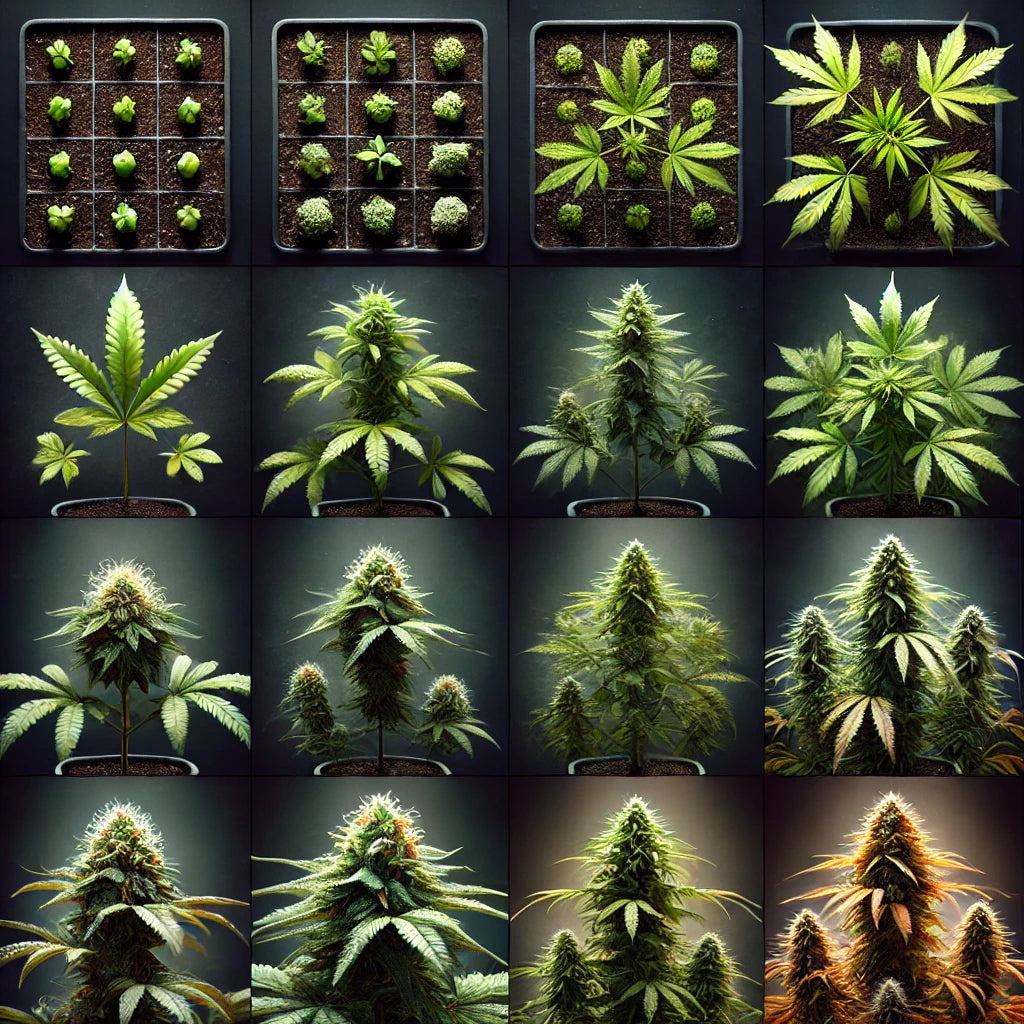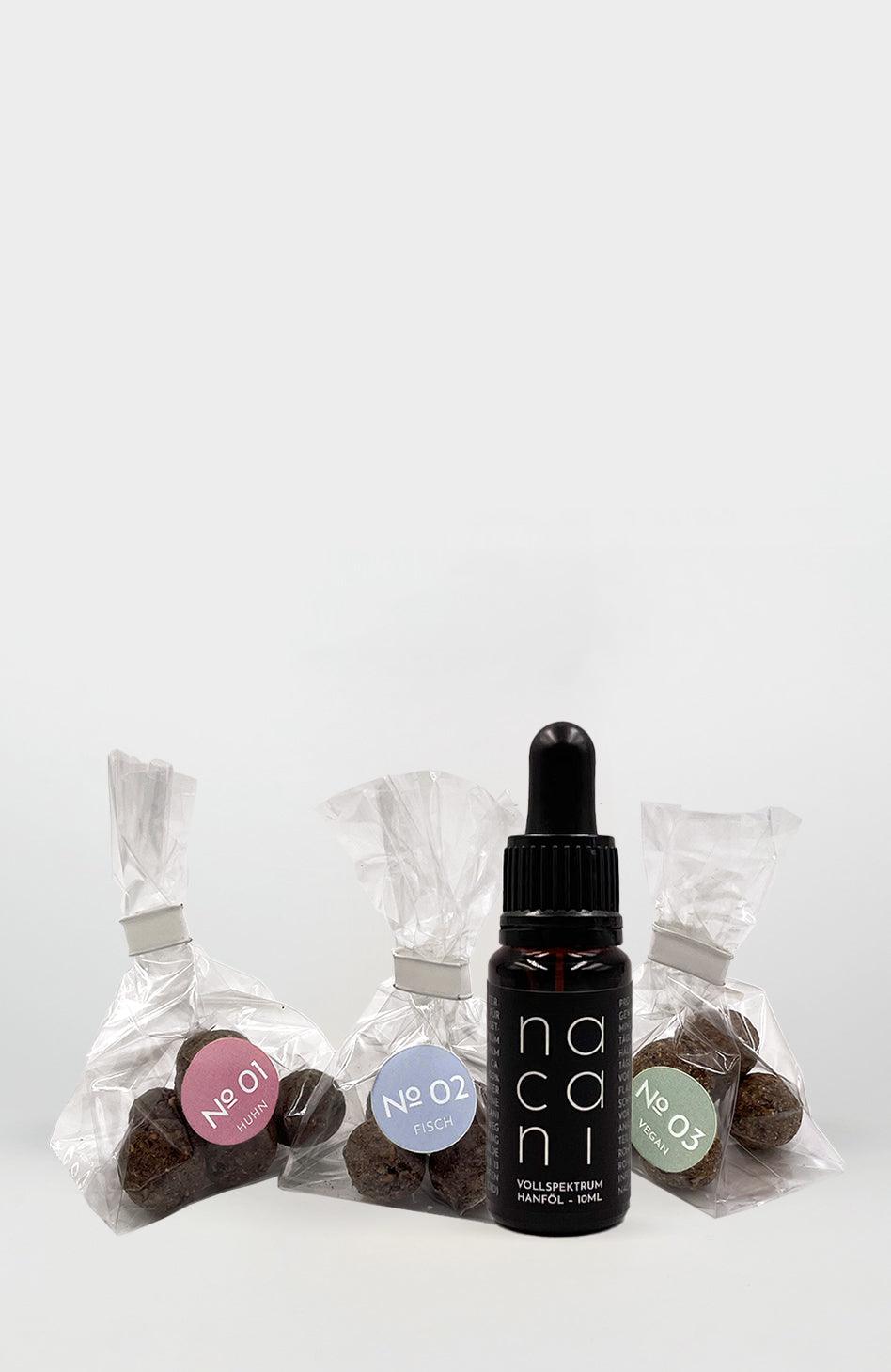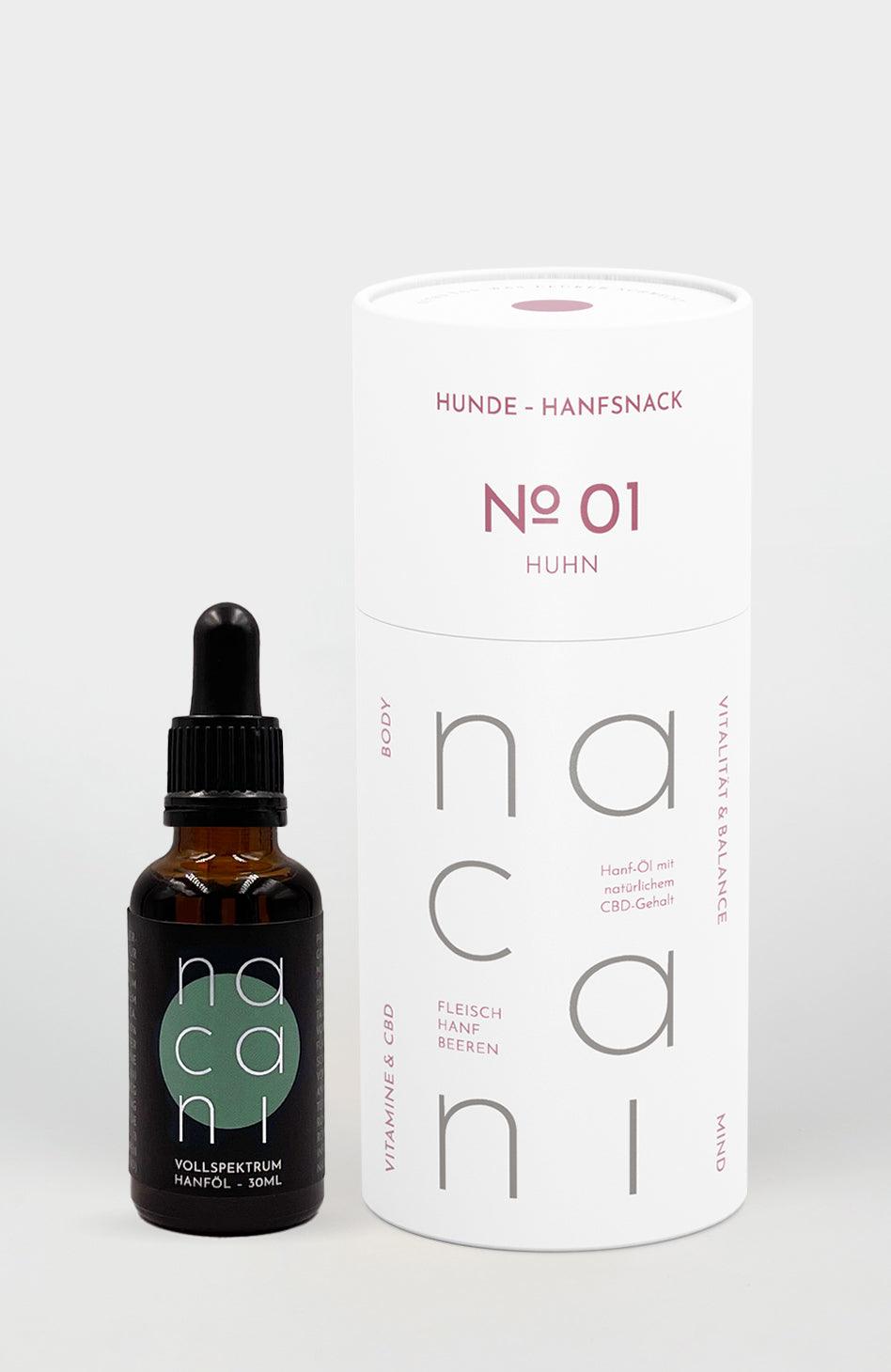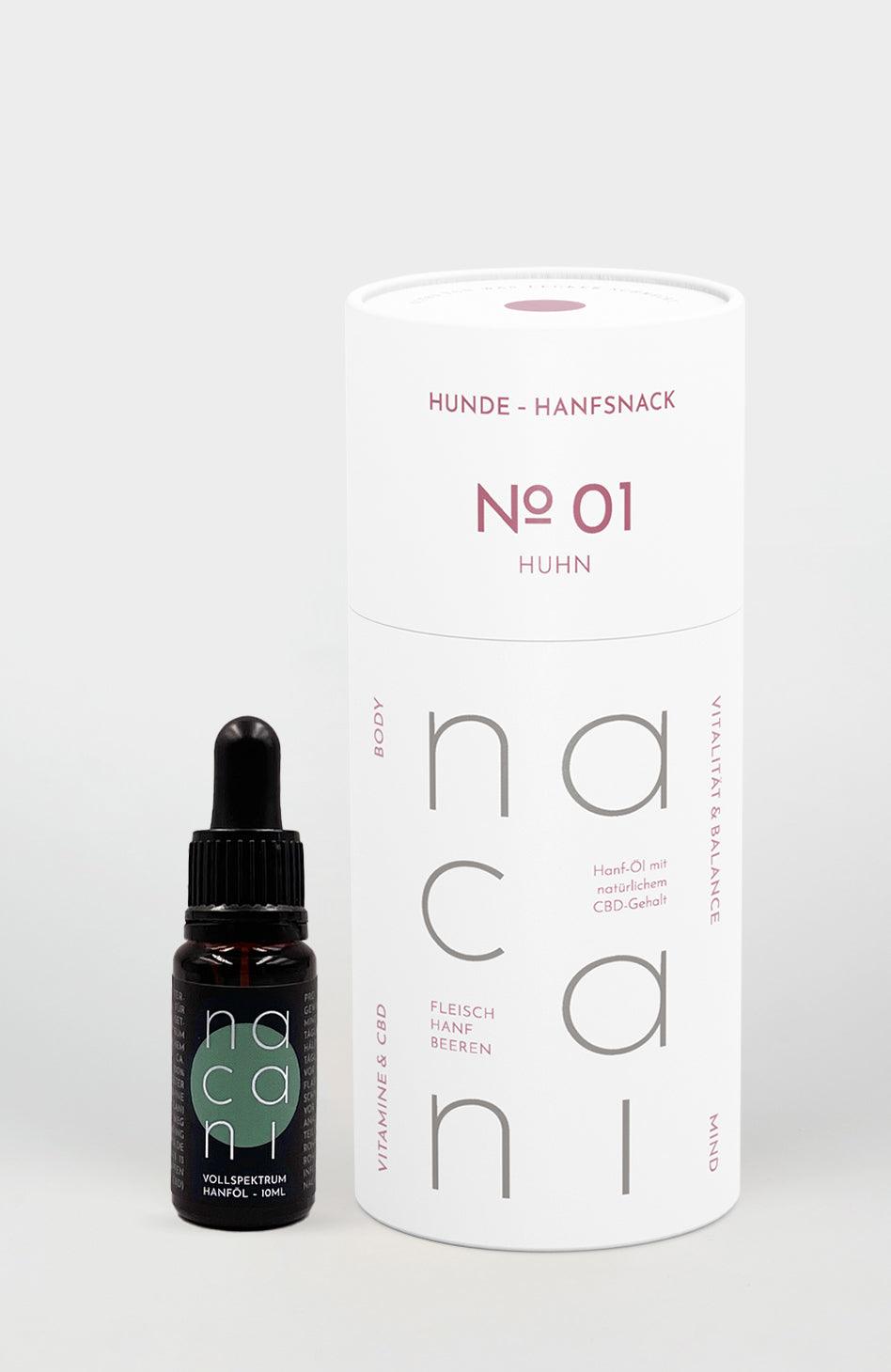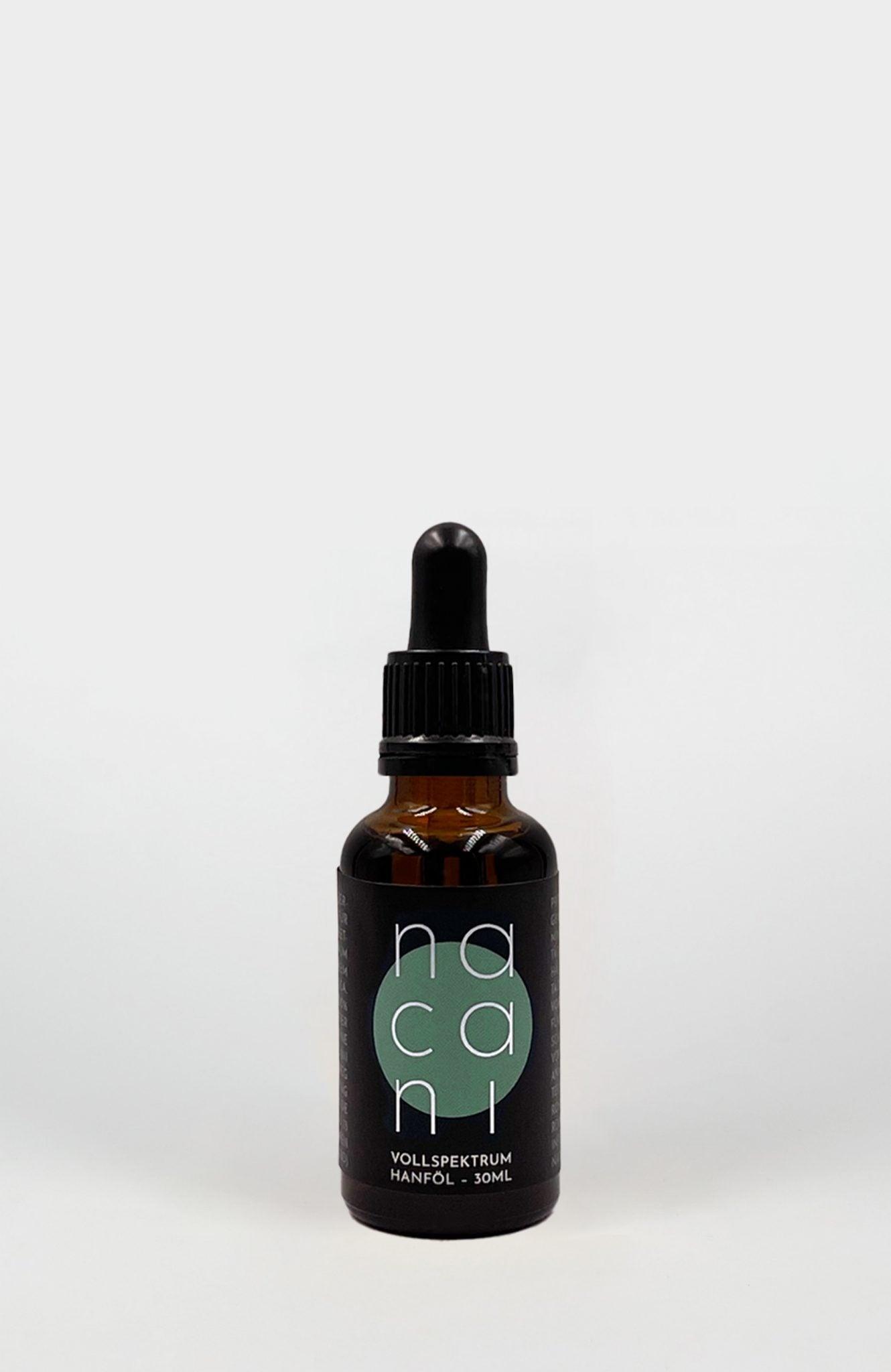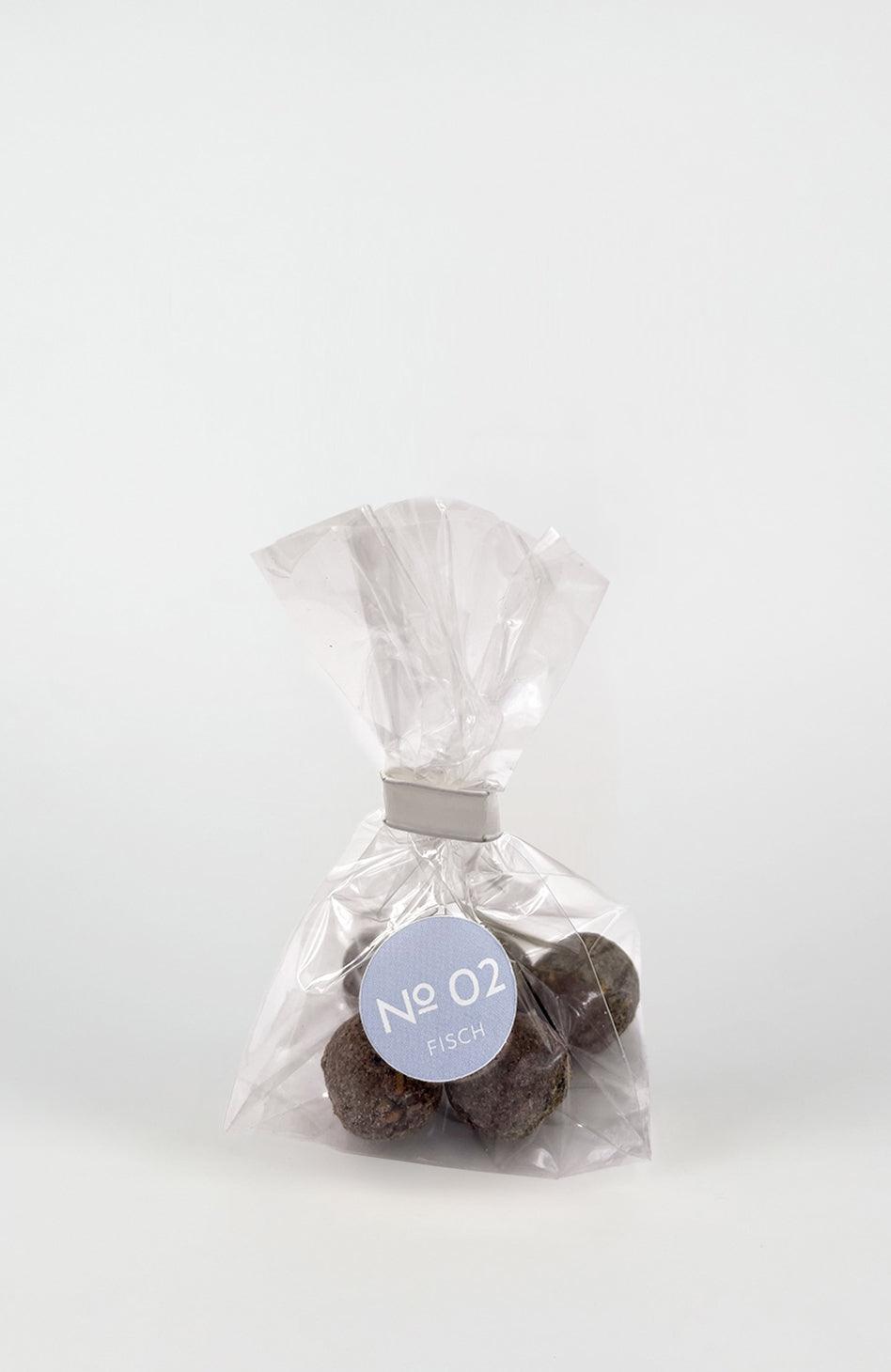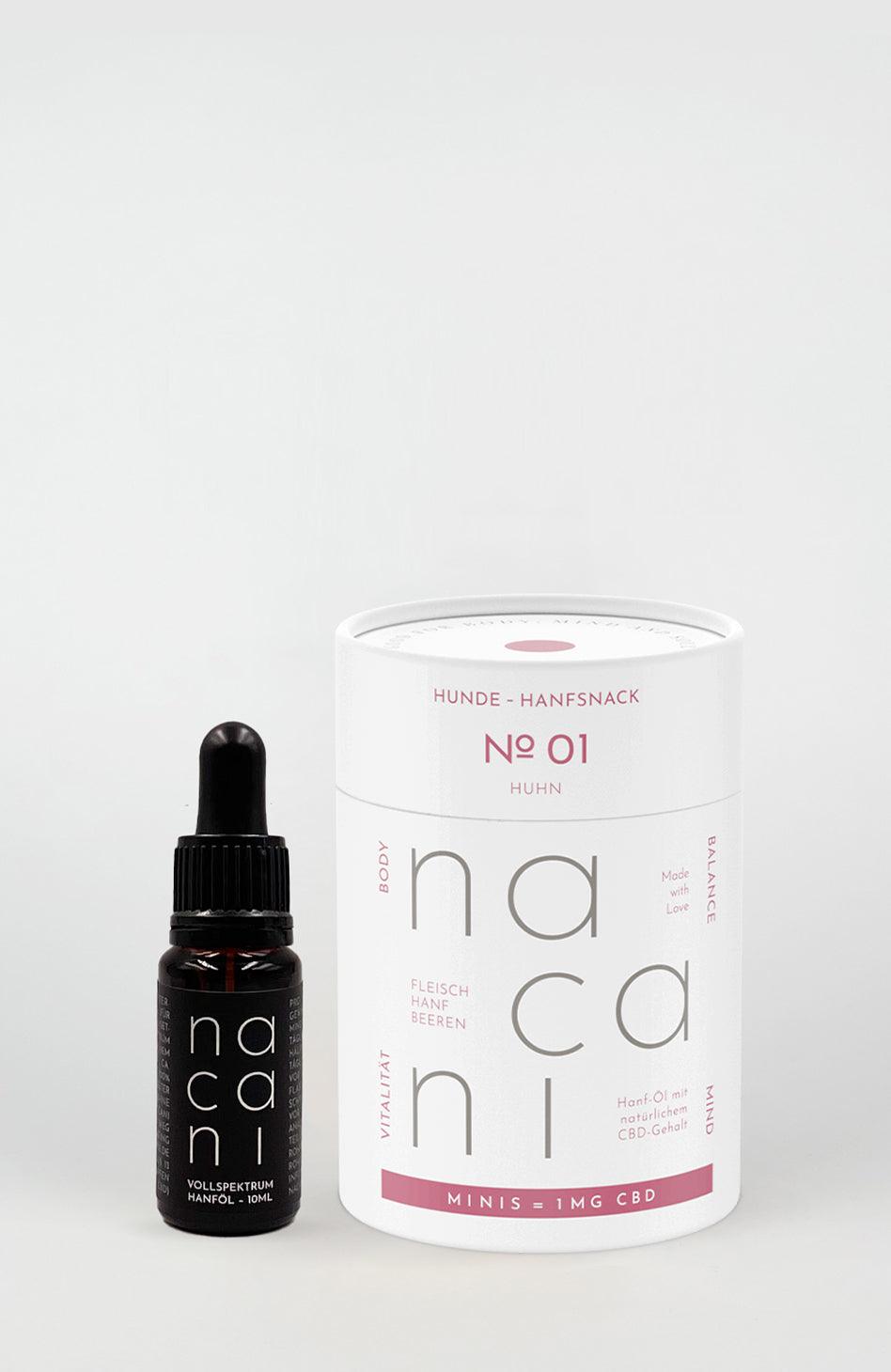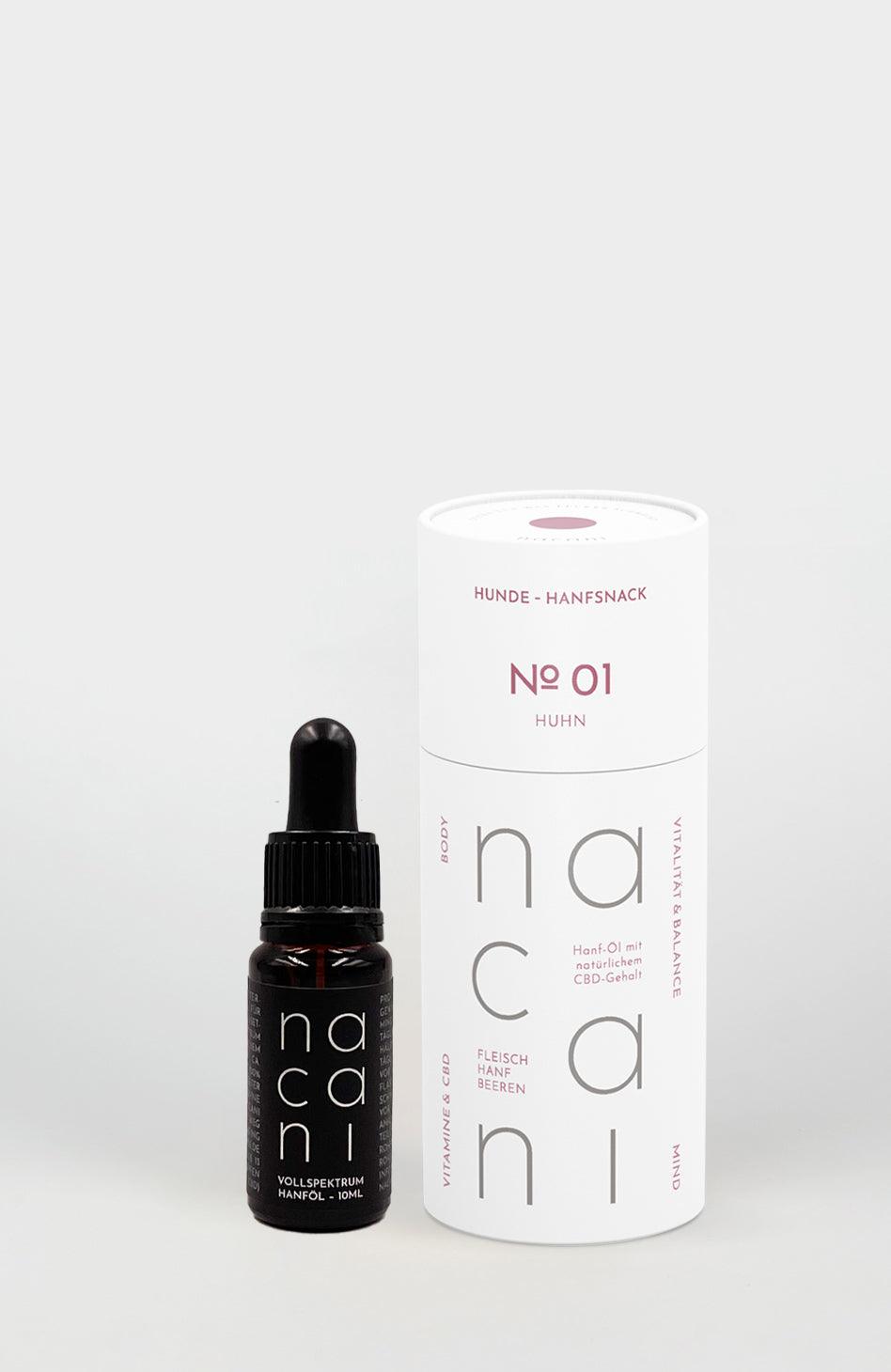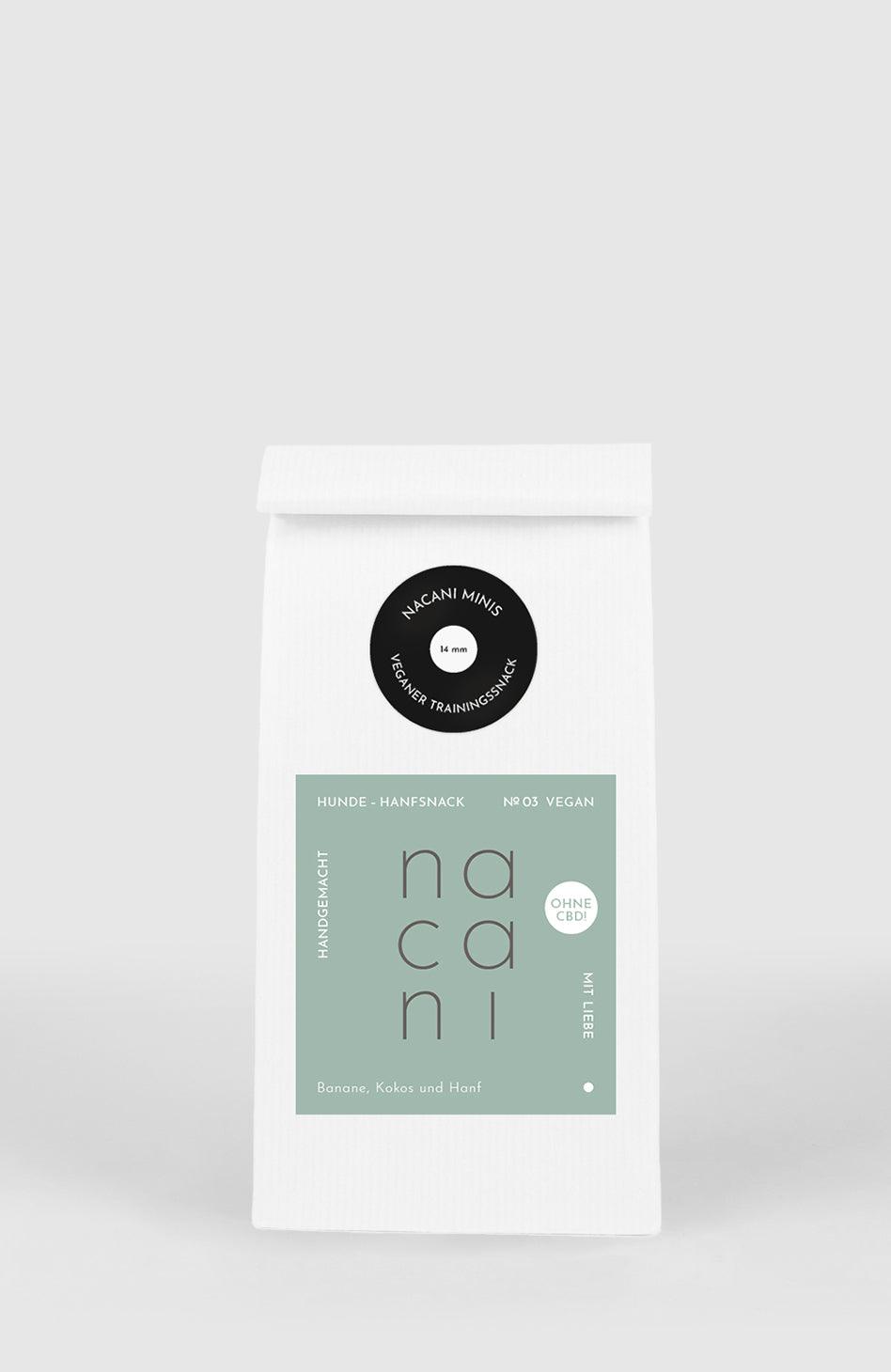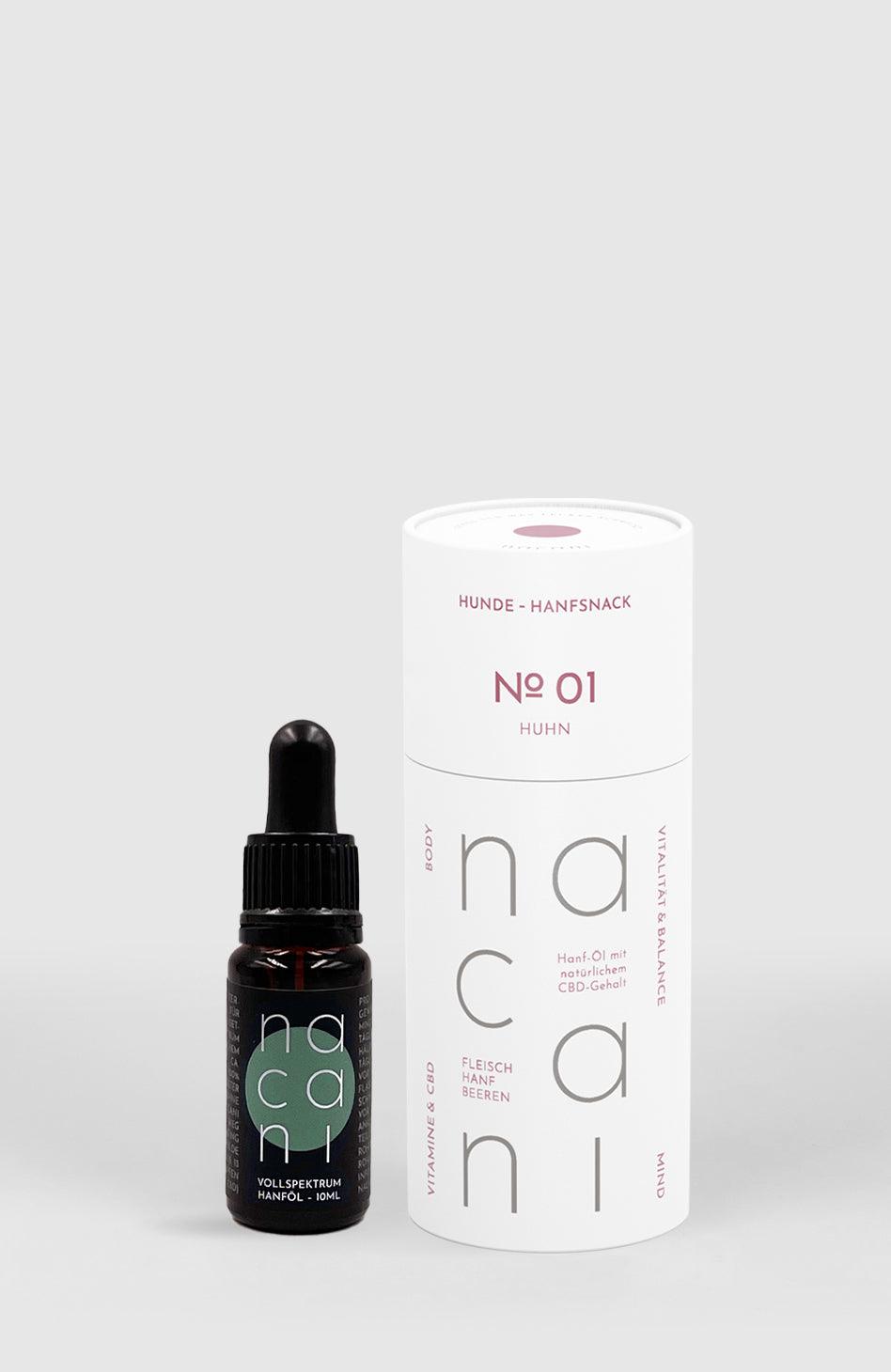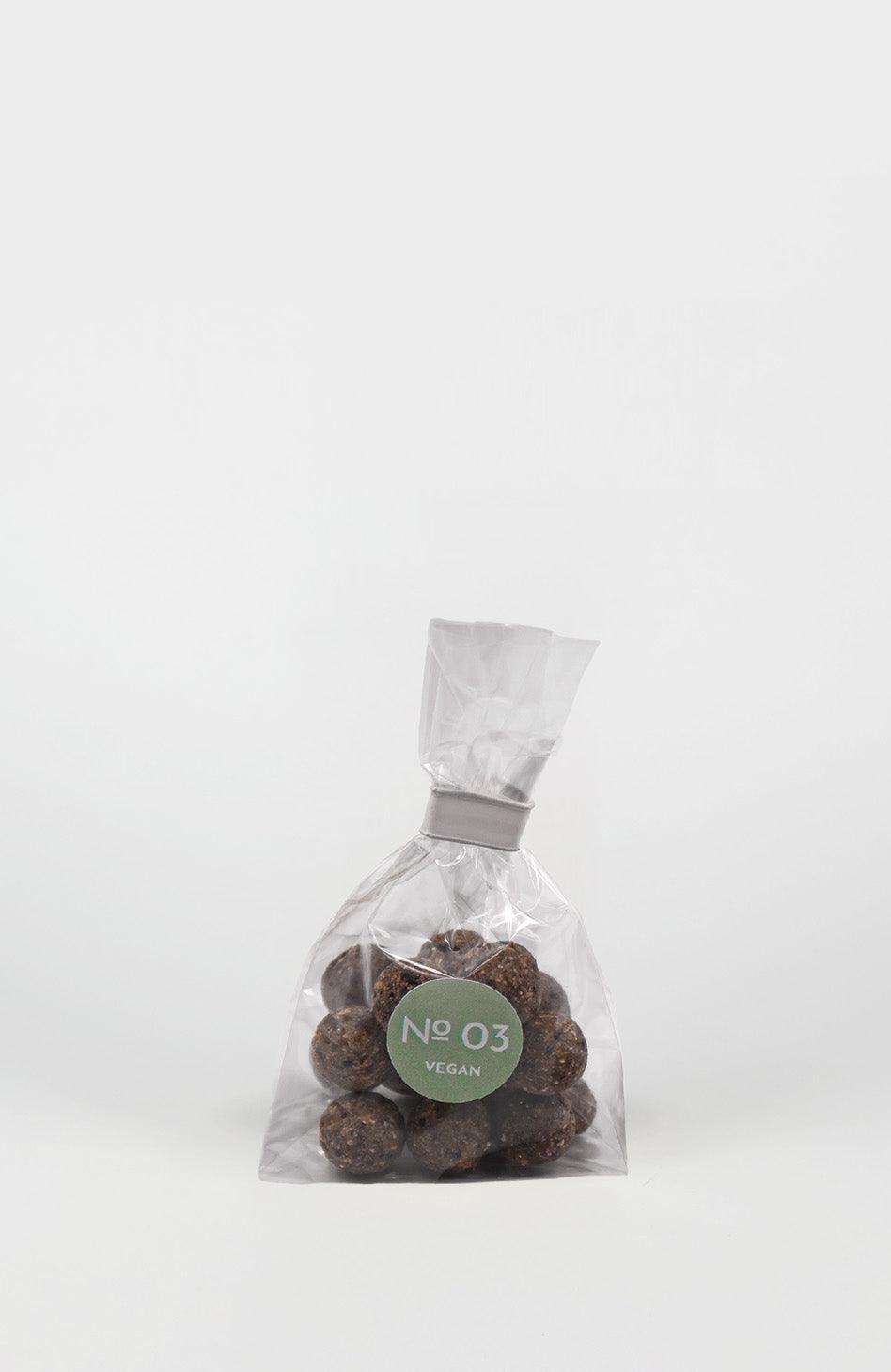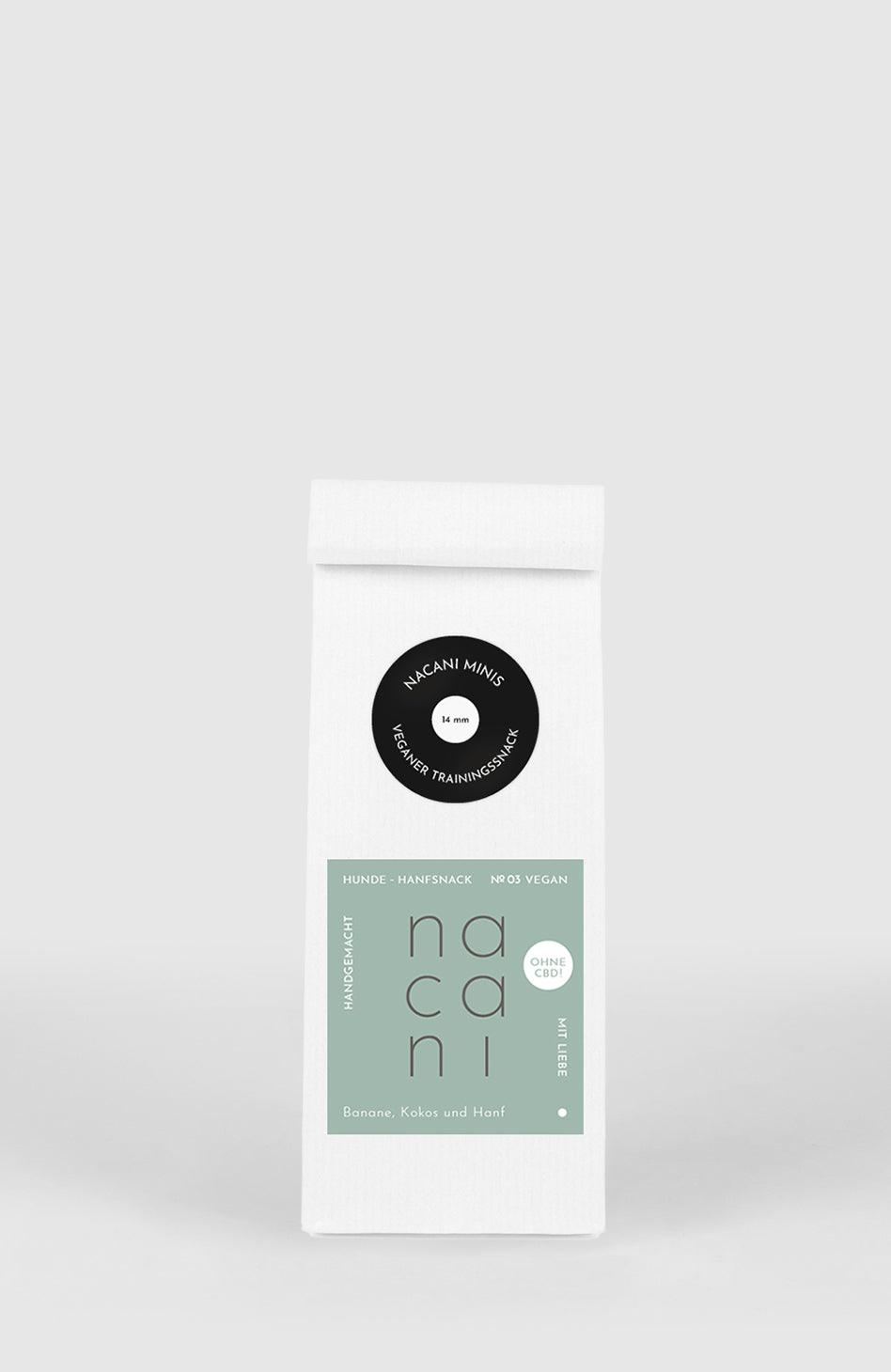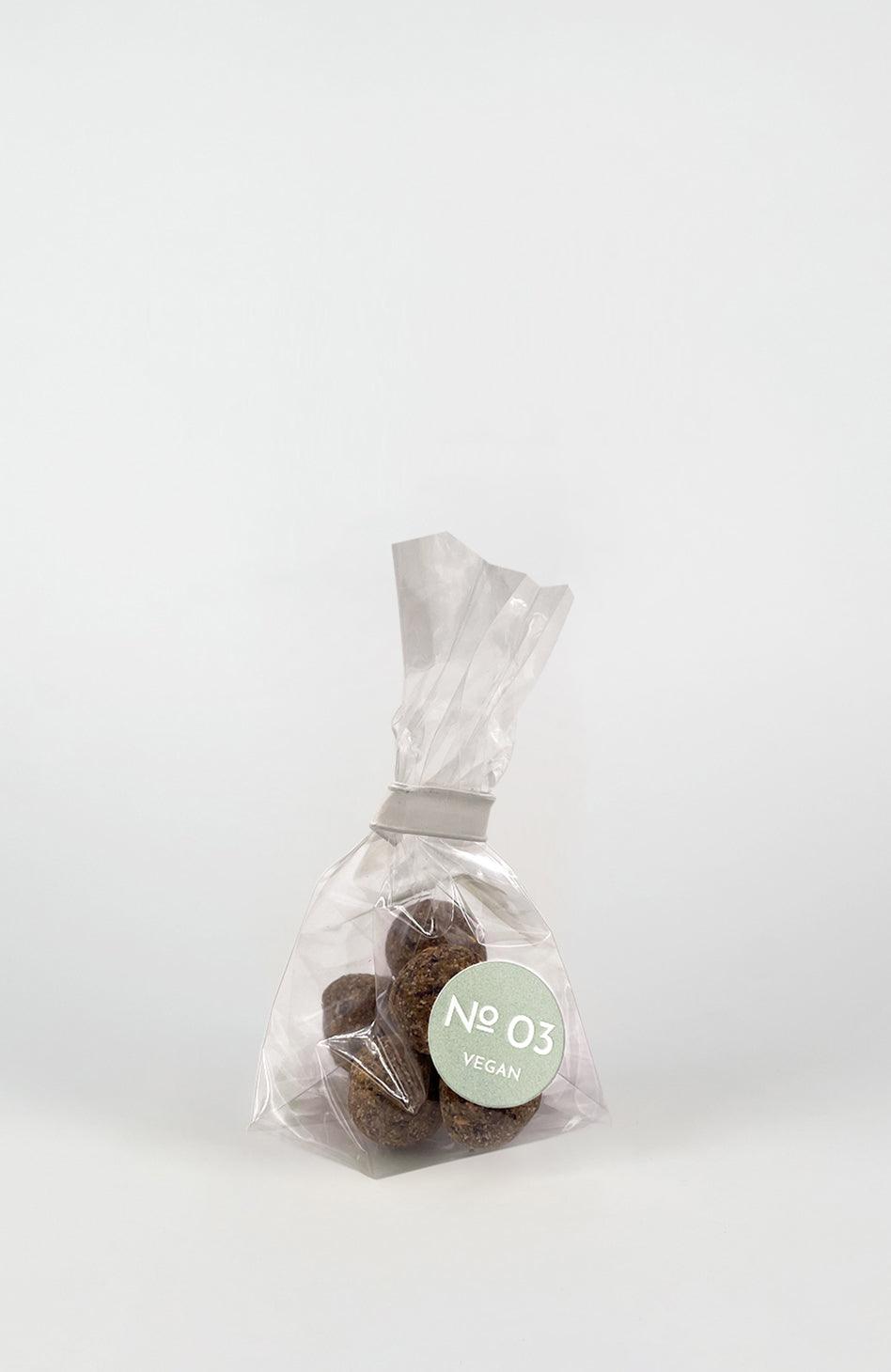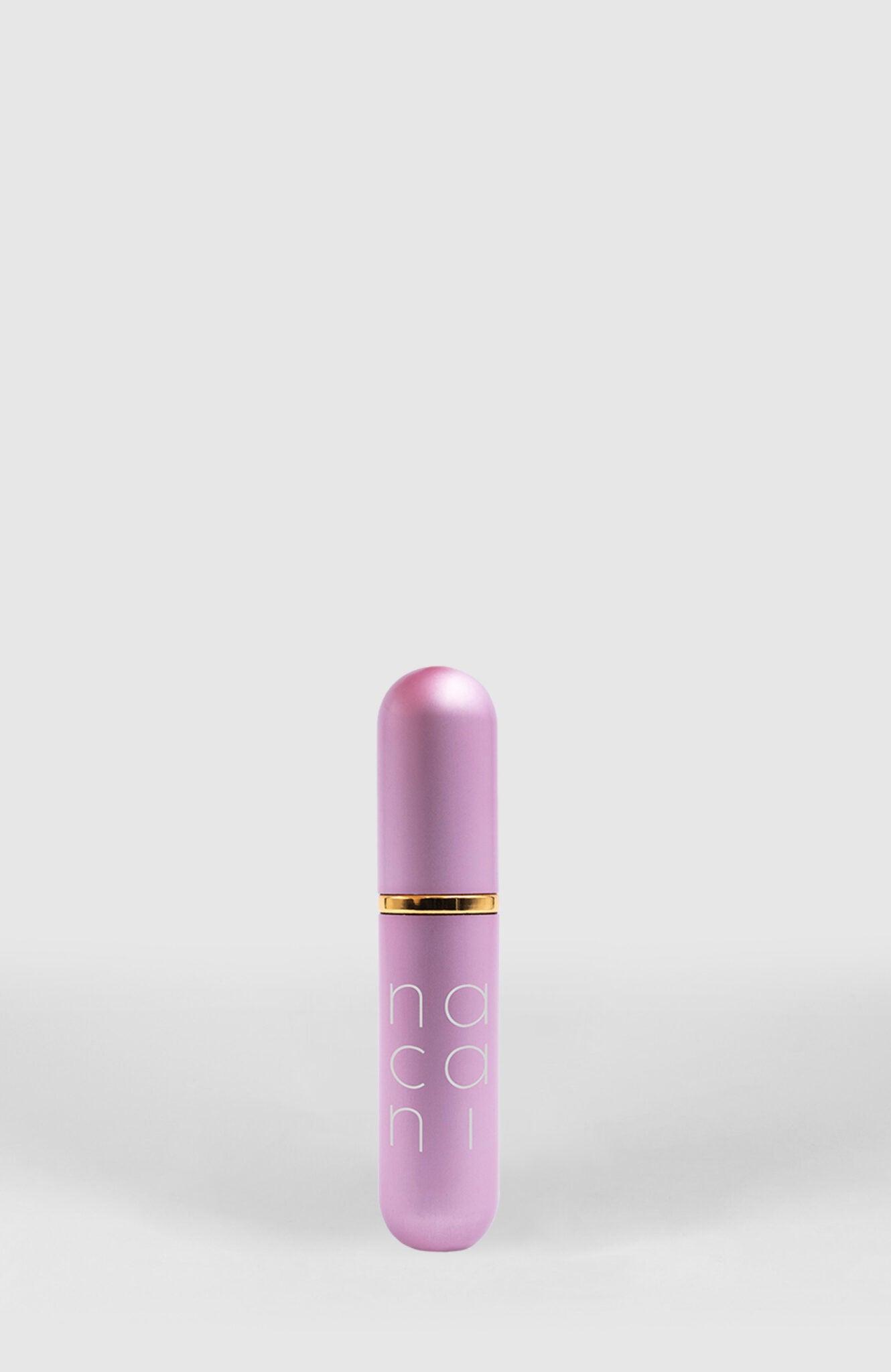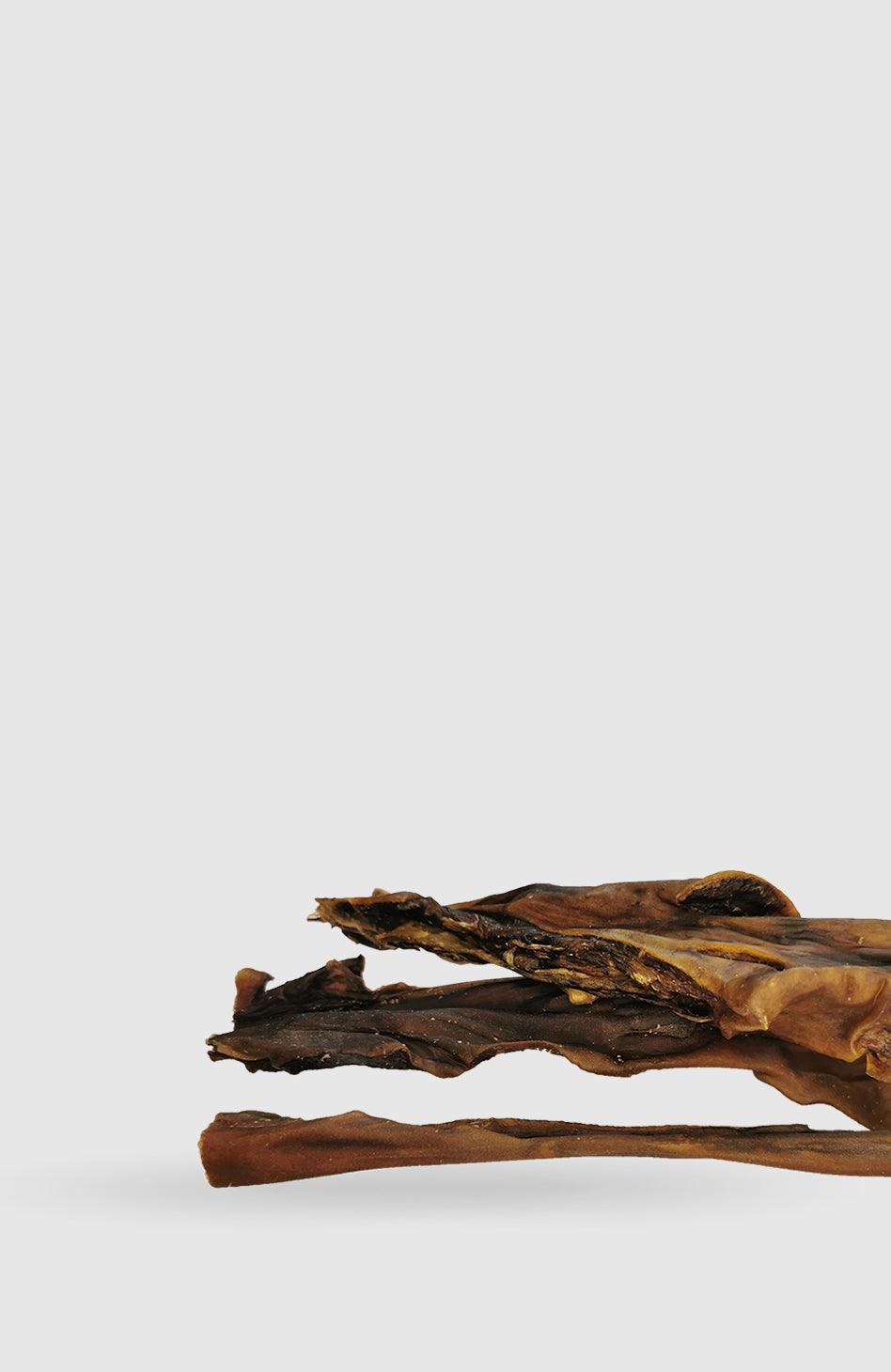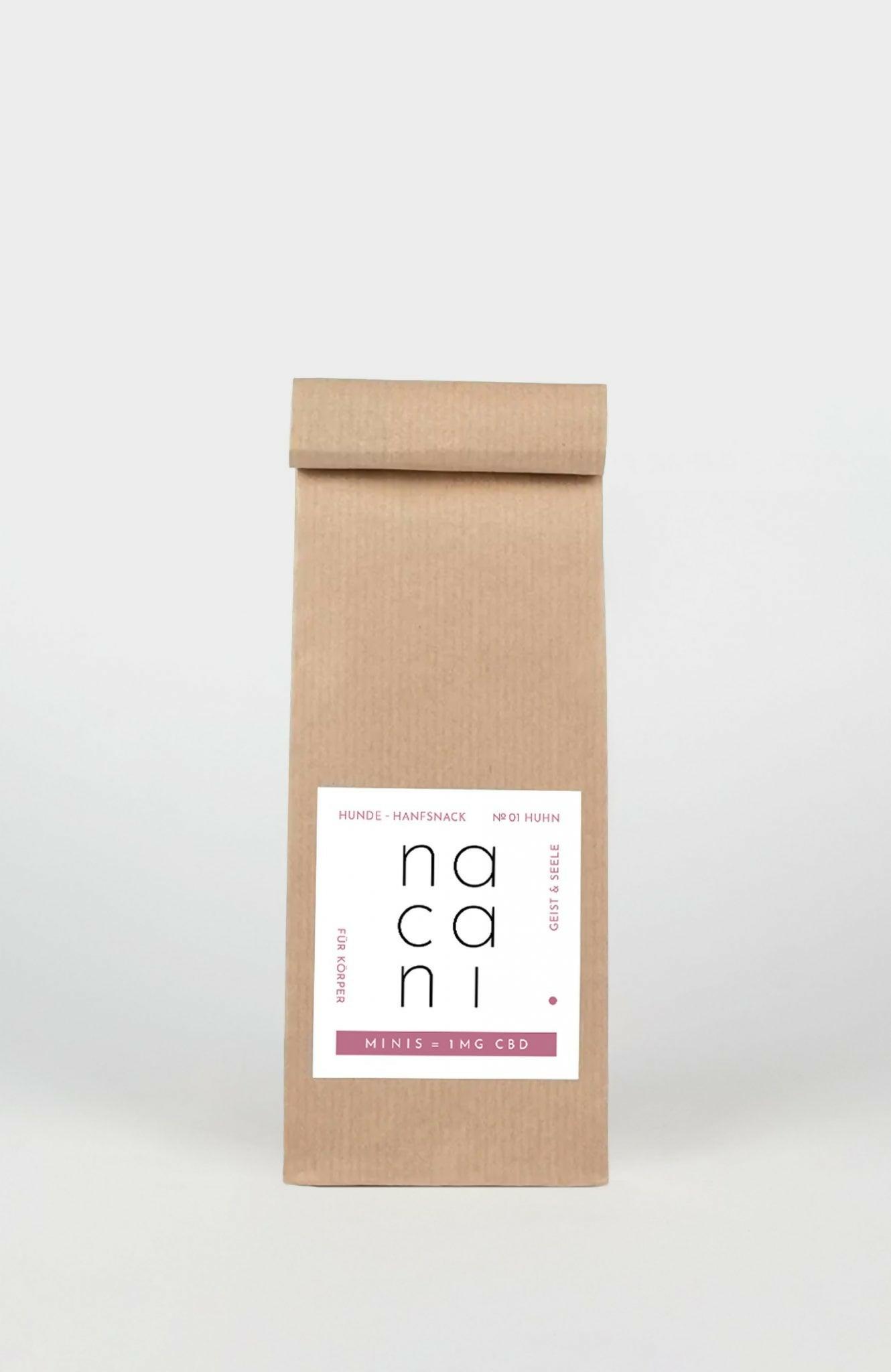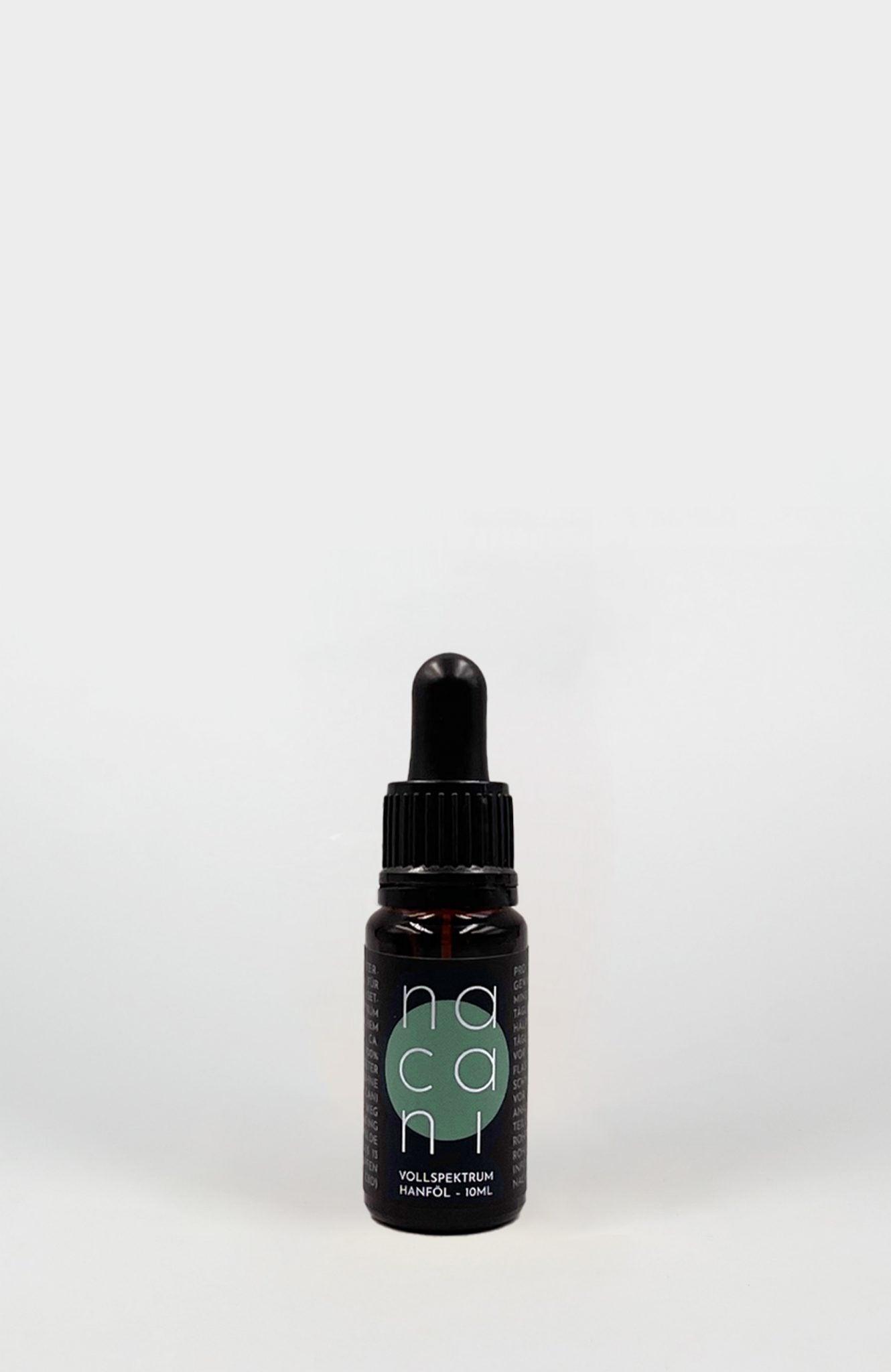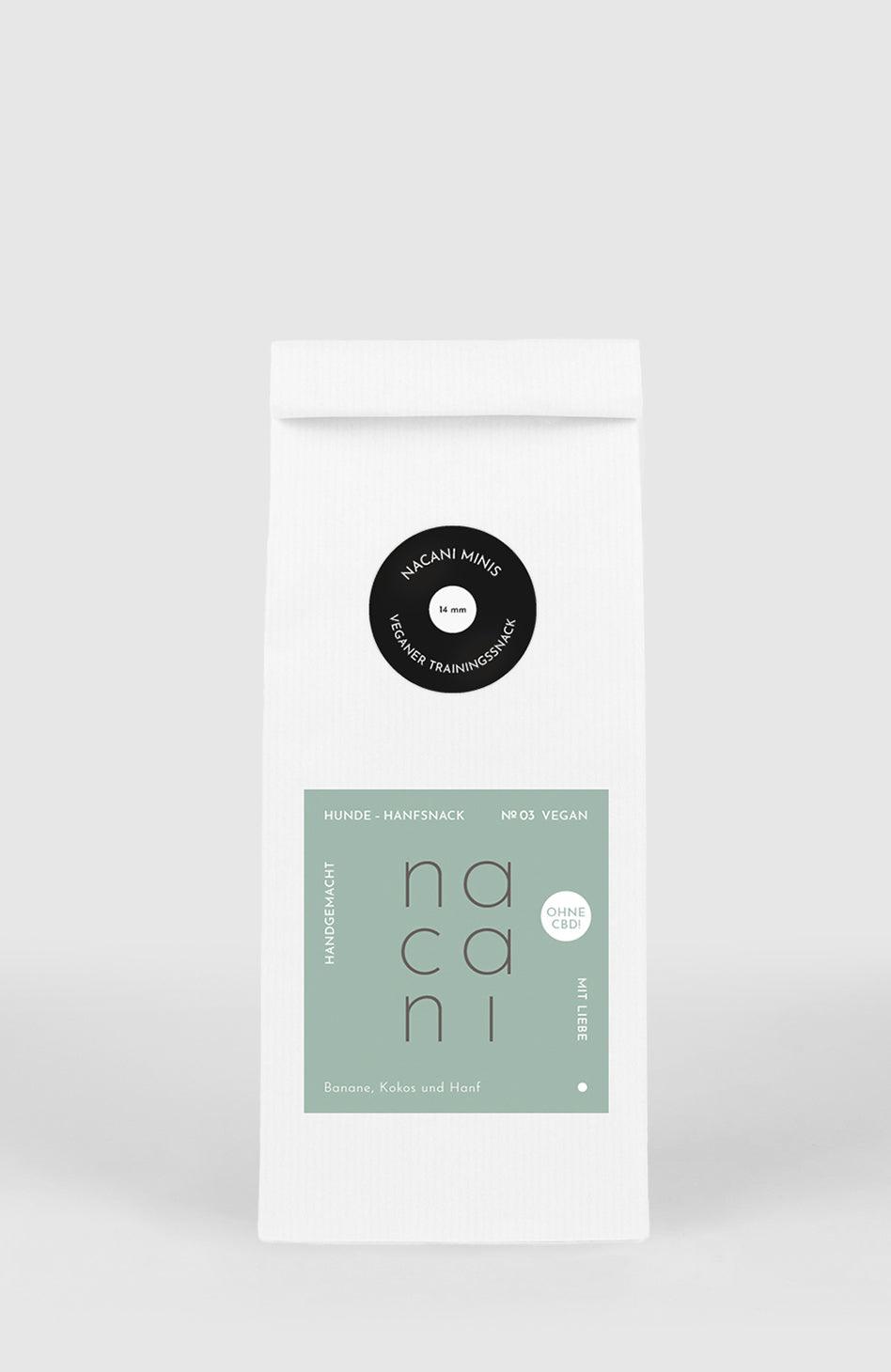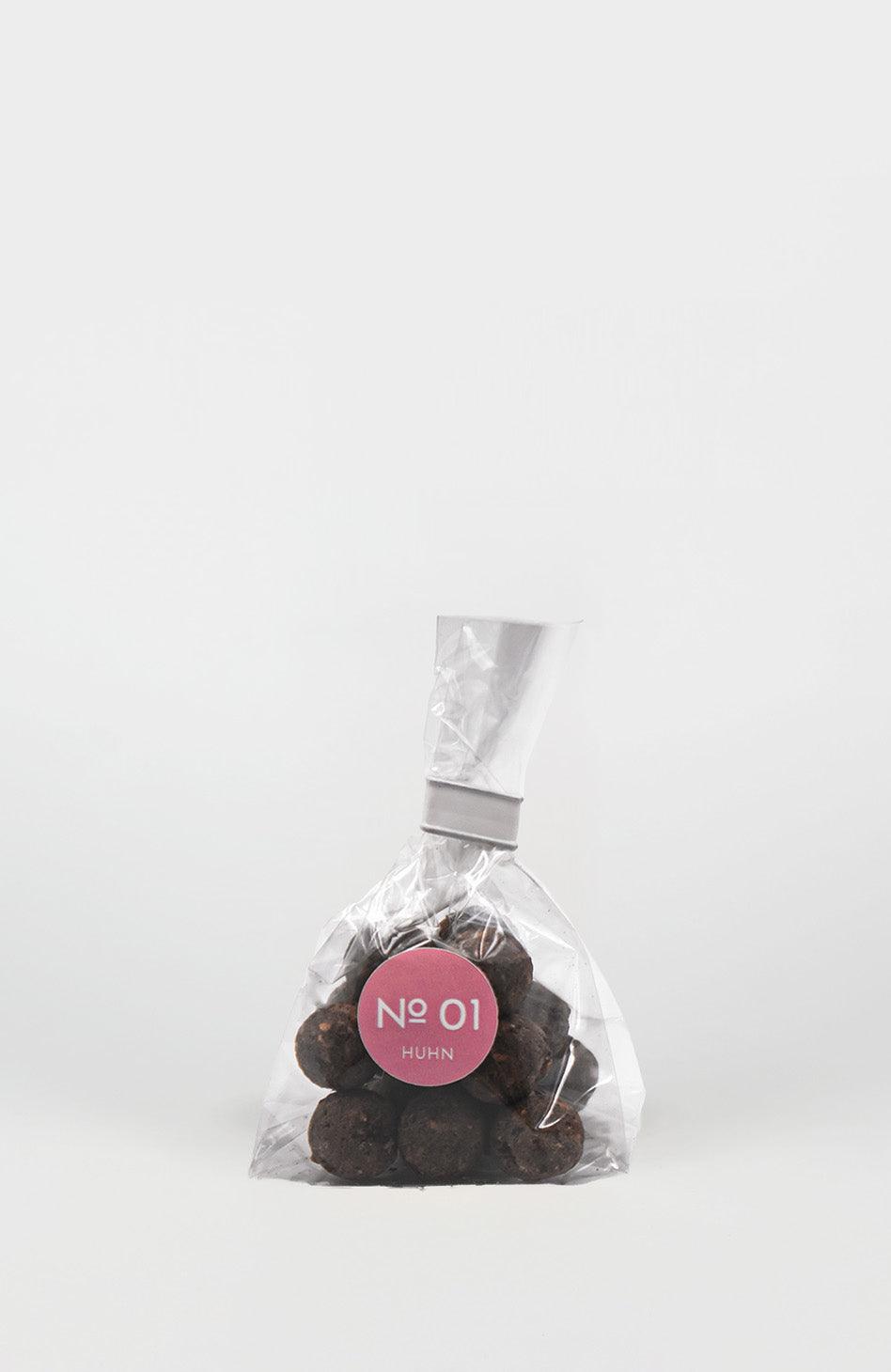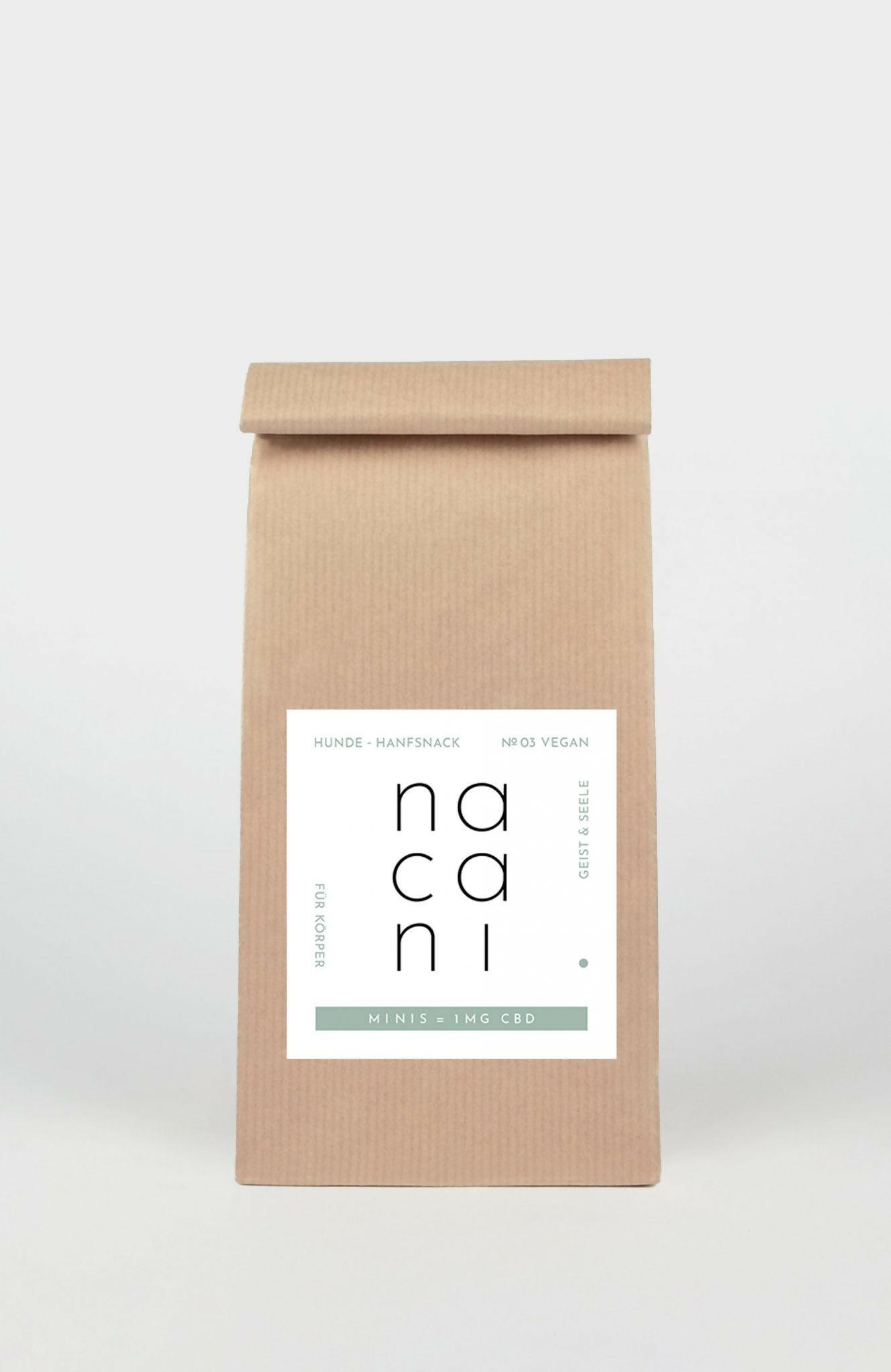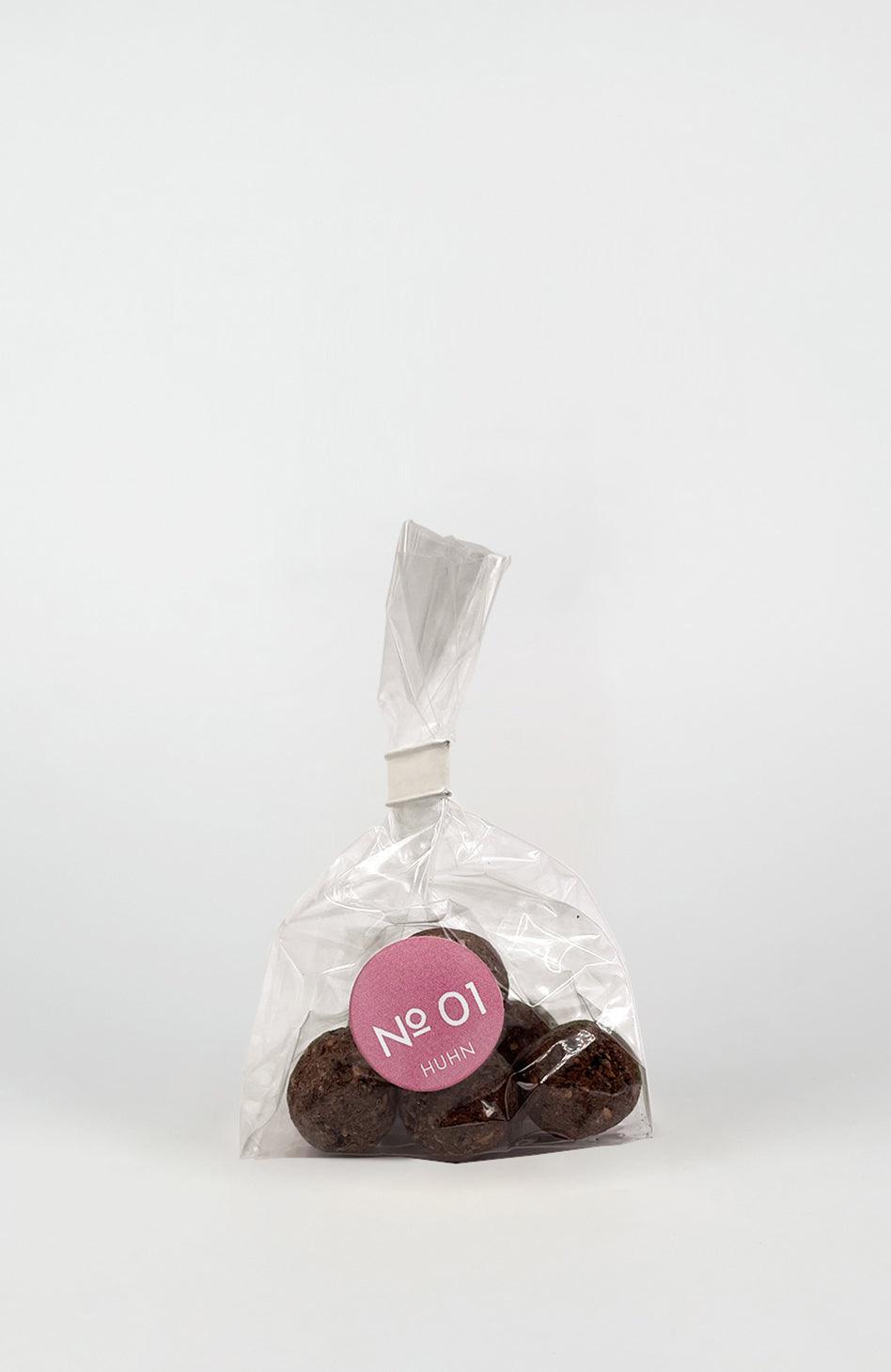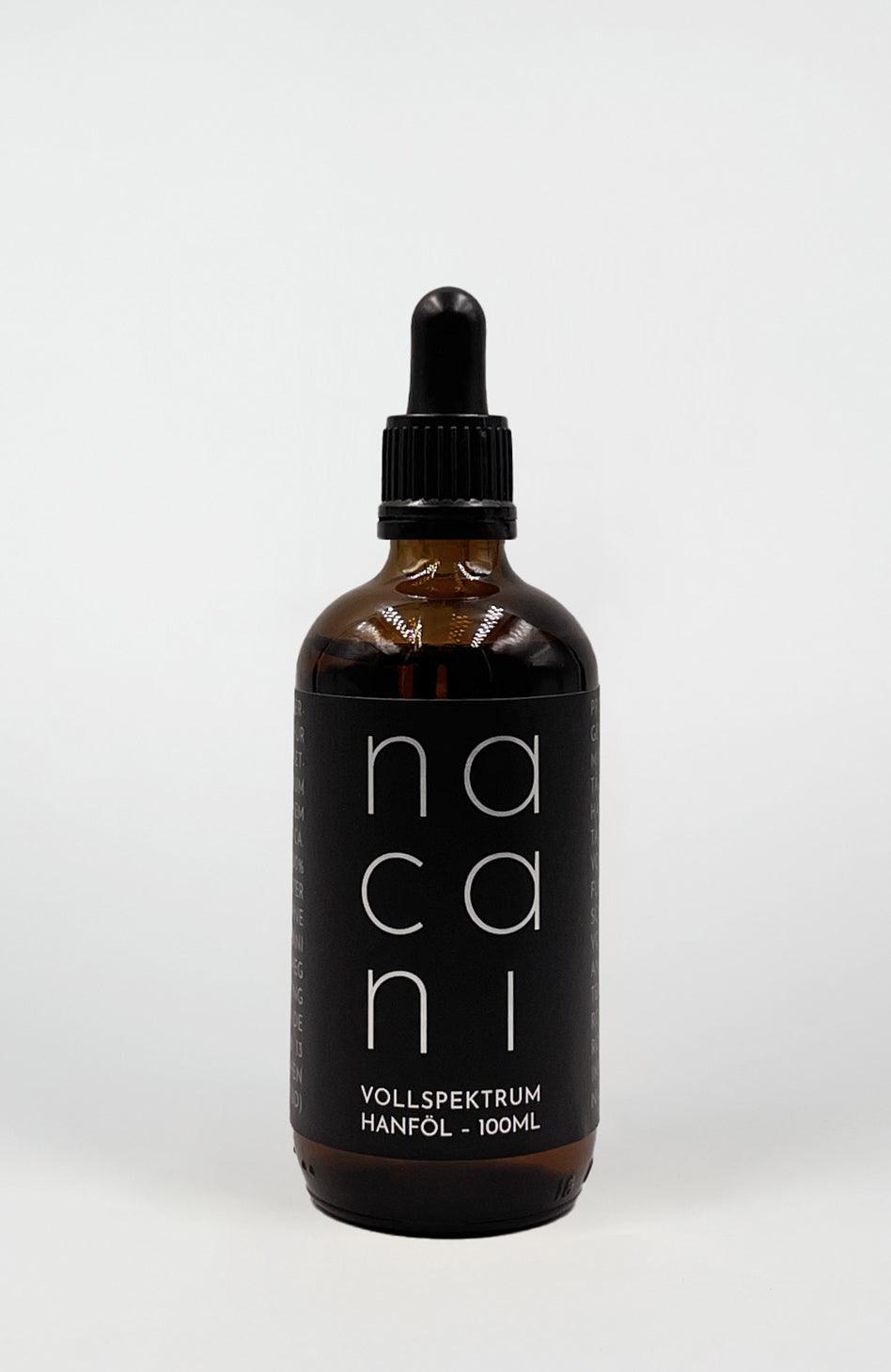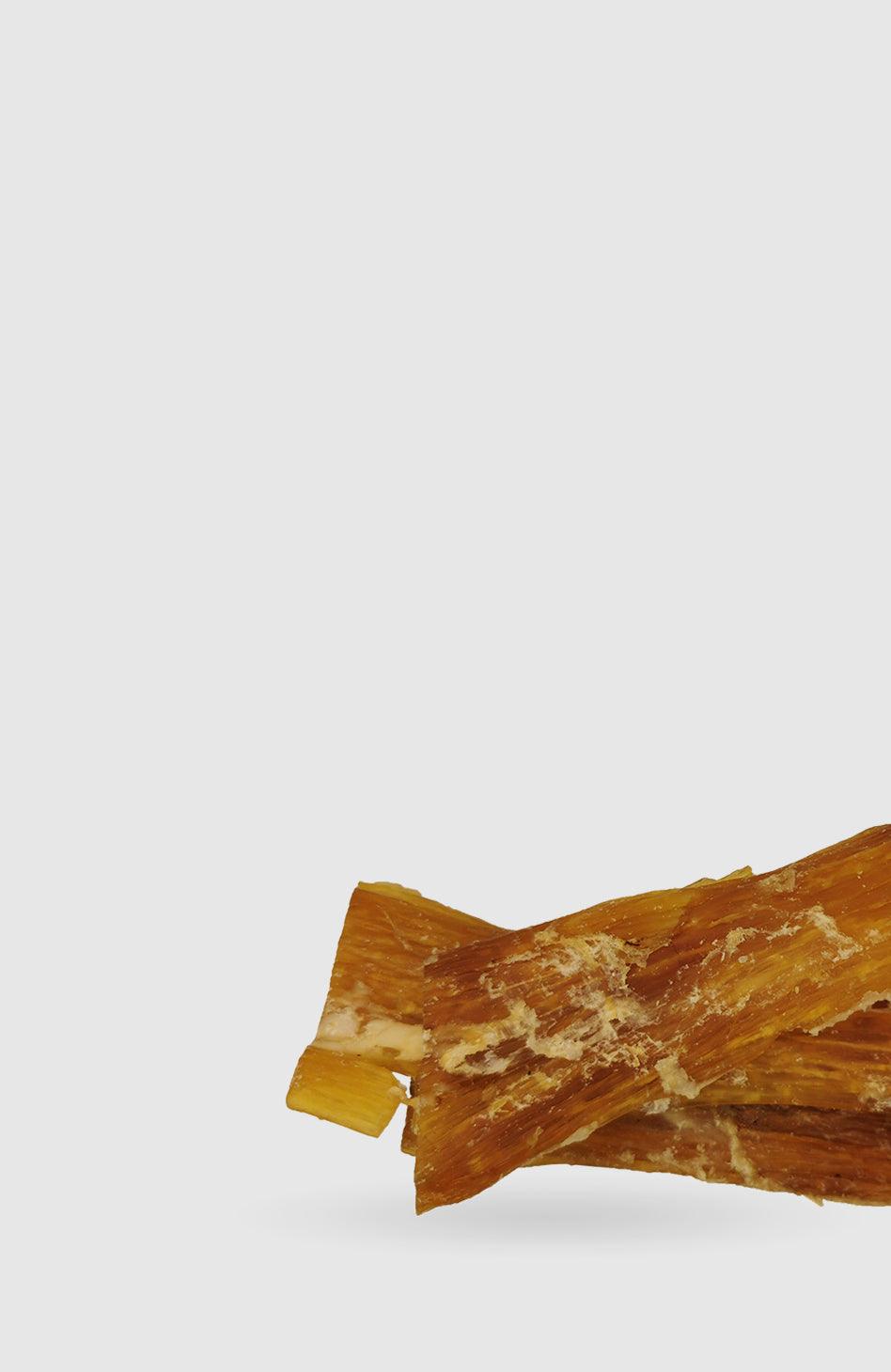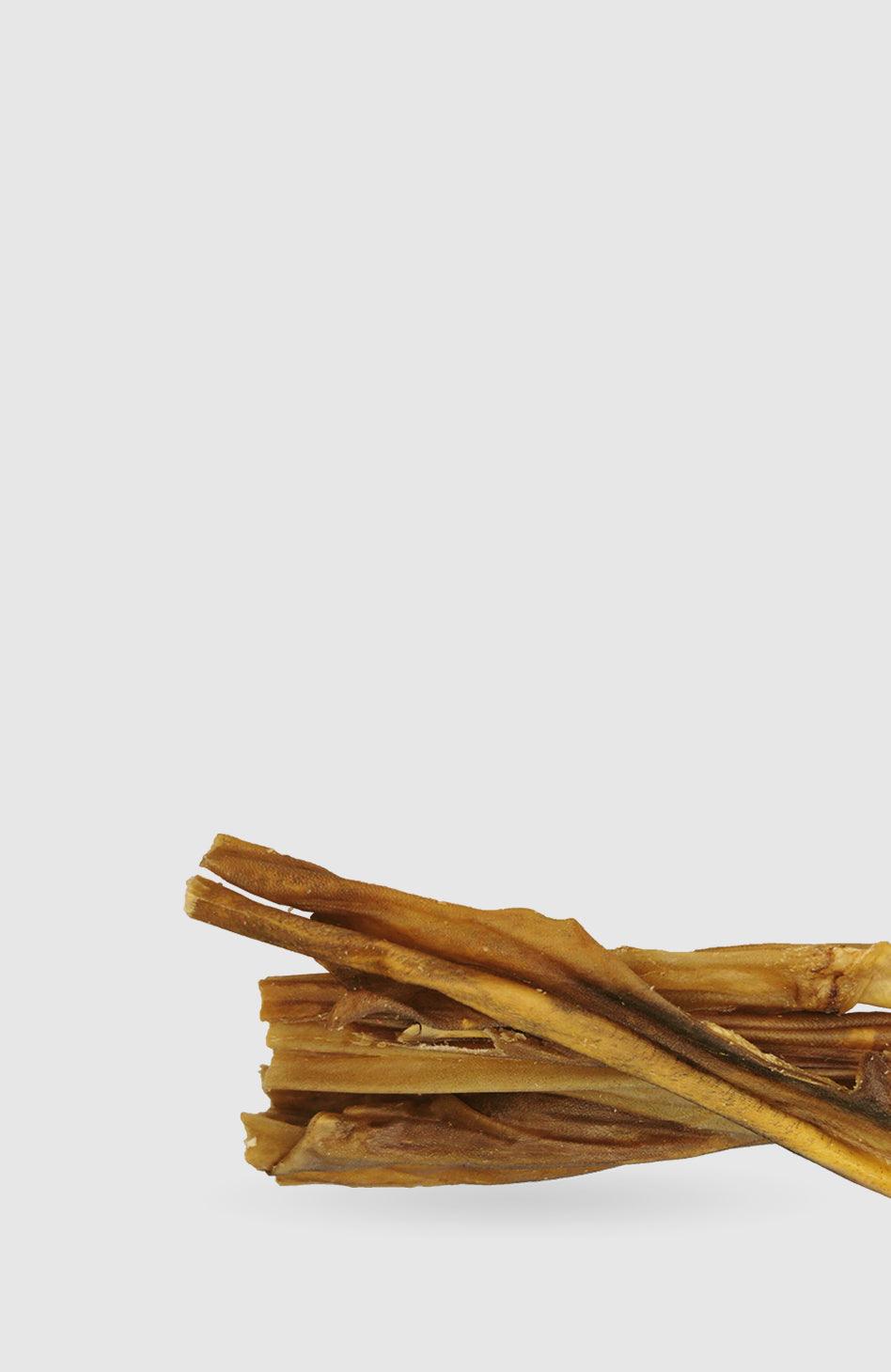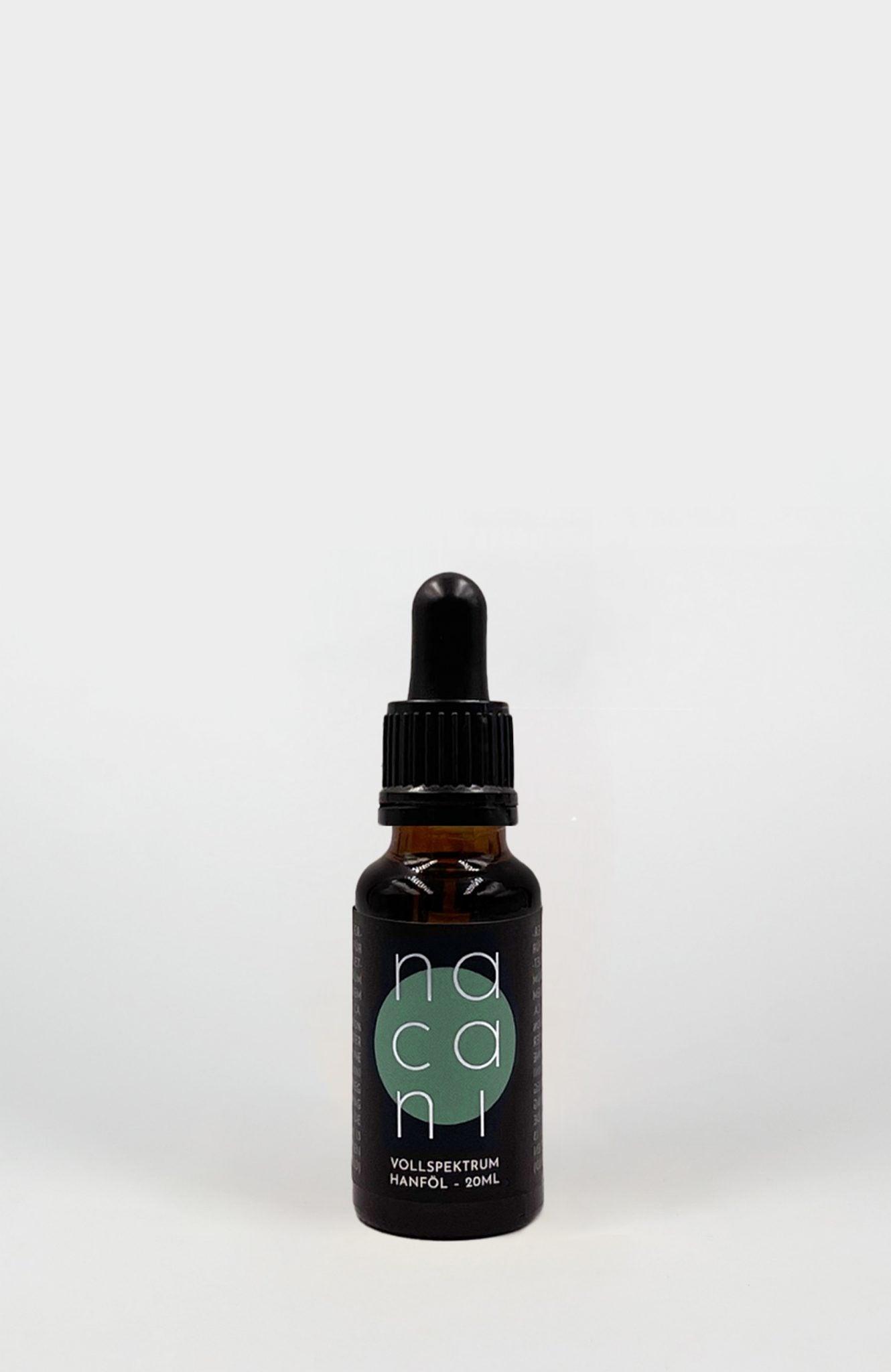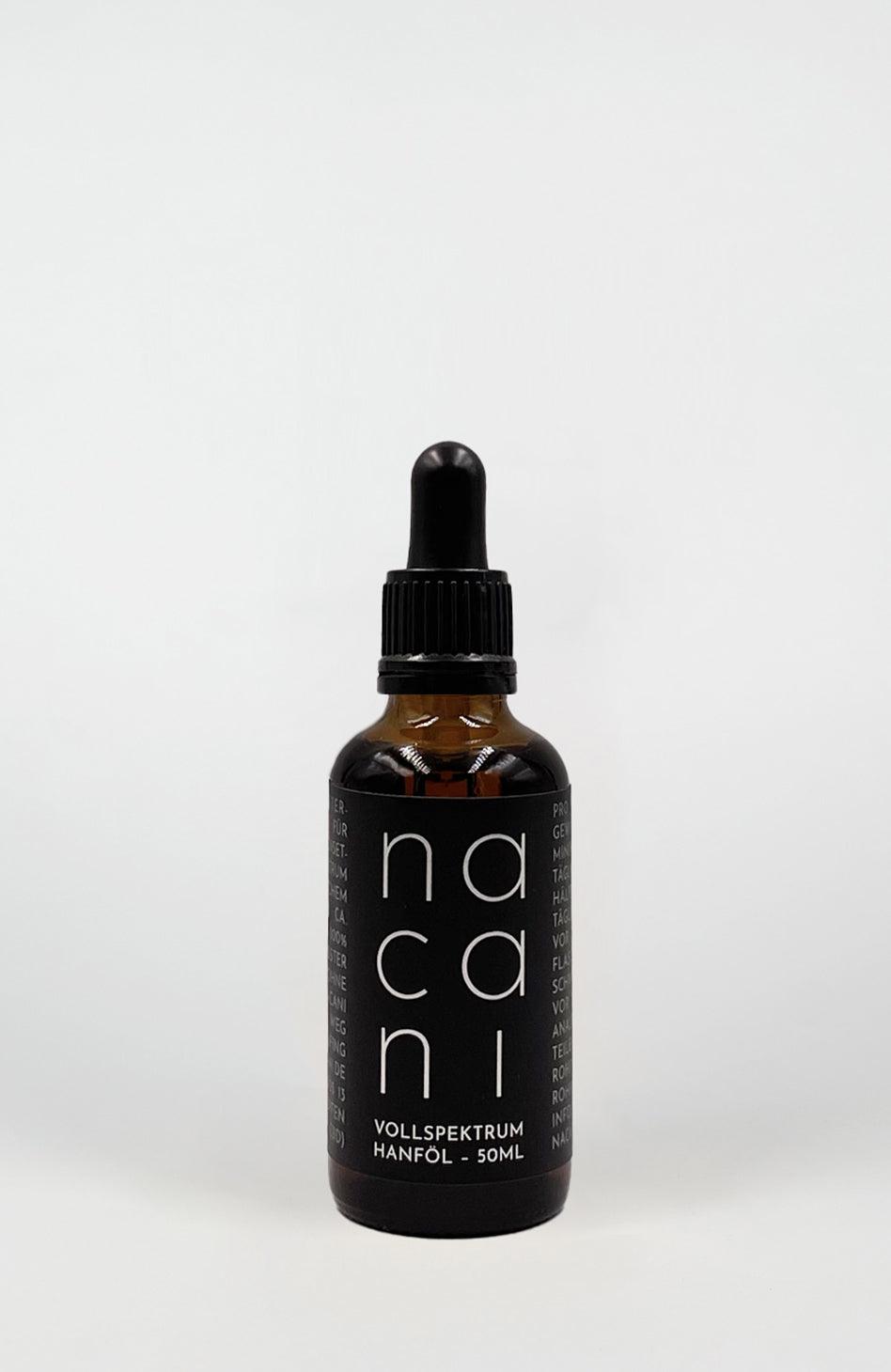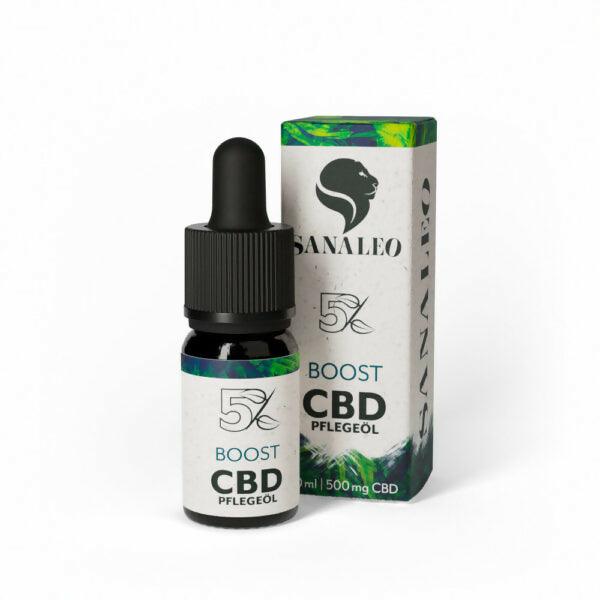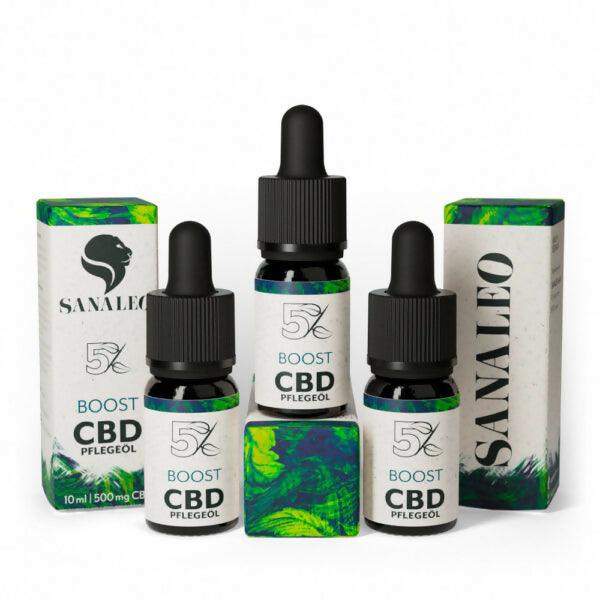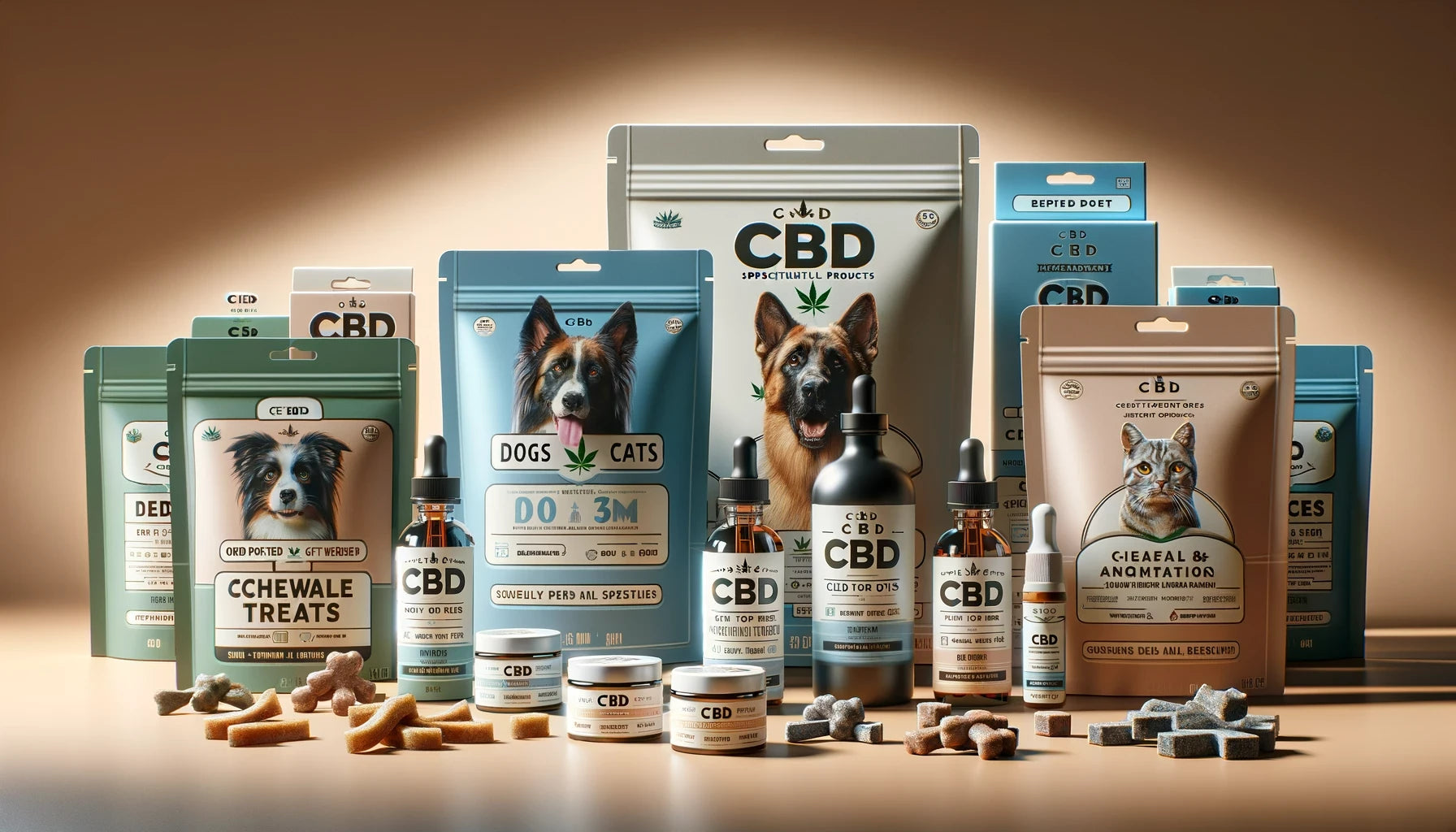
Buy CBD for animals
Filters
74 products
CBD for animals - Natural support for your four-legged friends
Discover the power of nature for the well-being of your animal companions! CBD, short for cannabidiol, is revolutionizing the way we care for our four-legged friends. But what makes this plant substance so special for dogs, cats, etc.?
Imagine being able to help your anxious dog during thunderstorms without sedating him with strong medication. Or helping your elderly cat regain his zest for life without any side effects. This is where CBD comes in - a natural ally for your pets' health.
CBD is not a miracle cure, but it offers fascinating possibilities:
- It can relieve stress and anxiety in animals – ideal for New Year’s Eve or vet visits.
- Many pet owners report an improvement in joint problems and age-related complaints.
- It supports general well-being and can even increase vitality.
But be careful: not every CBD product is suitable for your pet. Quality and correct use are crucial. In this comprehensive guide, you will learn everything you need to know about CBD for animals: from how it works to the correct dosage to choosing the best product for your four-legged friend.
Are you ready to learn more about how you can enrich the life of your animal companion in a natural way? Then dive into the fascinating world of CBD for animals and discover how you can do something good for your pet. Let's explore together why more and more veterinarians and owners are relying on the gentle power of CBD!
What is CBD and how does it work on animals?
CBD, short for cannabidiol, is a fascinating active ingredient from the hemp plant that is receiving increasing attention in the animal world. But what exactly is behind this natural substance?
Think of CBD as a component of the hemp plant that is quite different from THC. While THC is known for its psychoactive effects, CBD offers potential positive properties - without the high. Another advantage: It is considered safe for use on animals and is available legally.
But how could a plant substance interact with your pet's body? This is where the endocannabinoid system (ECS) comes into play. Interestingly, not only humans but also many animals have such a system. The ECS is a complex endogenous network that is involved in the regulation of various bodily functions.
CBD interacts with this system and could potentially:
- Contribute to stress reduction - possibly helpful for nervous animals
- Influence inflammatory processes - possibly interesting for joint problems
- Have an impact on mood - for possible well-being in everyday animal life
- Support the sleep-wake rhythm - potentially for more restful rest periods
What's exciting is that the effect of CBD can be different for each animal. While it may have a calming effect on one animal, it could boost vitality in another. It is often described as a natural balance that could help where your animal might need it.
It is important to emphasize that CBD has no psychoactive properties. It does not change your pet's personality, but could potentially help them to be more balanced in their everyday life.
Research into CBD in animals is still ongoing, and new possible uses are constantly being investigated. From potential support for nervous conditions to possible positive effects on the skin, the areas of scientific interest are diverse. However, it is important to stress that further studies are needed to understand the exact mechanisms of action.
Do you want to learn more about the potential benefits of CBD for your pet? With CBD, you open the door to a natural option that has the potential to support the well-being of your four-legged friend. Discover how this versatile botanical could potentially enrich your pet's everyday life!
Benefits of CBD for different animal species
CBD is becoming increasingly popular in the animal world, and for good reason. Various species of animals could benefit from the potential advantages of this natural compound. Let's take a closer look at how CBD could potentially benefit different animals.
Dogs
Our loyal four-legged friends are often the focus of CBD research for animals. Here are some areas where CBD could potentially help dogs:
- Support for occasional nervousness, for example during thunderstorms or fireworks
- Promotes joint health, especially in older dogs
- Supporting a healthy digestive system
- Promotes a shiny coat and healthy skin
Cats
Our purring friends could also benefit from CBD. Possible applications include:
- Support with situational stress, such as moving house or visiting the vet
- Promotes general vitality, especially in older cats
- Supporting a healthy appetite
- Potential positive effects on coat and skin
Horses
CBD is also increasingly being used on these majestic animals. Possible benefits could include:
- Supports joint health, especially in sport horses
- Promoting relaxation in nervous or stressed horses
- Support of the immune system
- Potential positive effects on hoof health and coat shine
Rodents and other mammals
Smaller pets such as rabbits, guinea pigs or hamsters could also benefit from CBD:
- Possible support in reducing stress, for example through environmental changes
- Potential to promote general well-being
- Supporting a healthy appetite
- Possible positive effects on fur and skin
It is important to stress that research on CBD in animals is still in its early stages and many of the potential benefits are based on anecdotal and preliminary studies. Each animal is unique and may respond differently to CBD.
Before using CBD on your pet, it is advisable to speak to a veterinarian. A professional can help you weigh the potential benefits against any risks and make the best decision for your animal companion's well-being.
With the right knowledge and approach, CBD could be an interesting option to support your pet's well-being in a natural way. Discover how this versatile botanical could potentially enrich the life of your four-legged friend!
Areas of application of CBD in animals
CBD is becoming increasingly important in animal care. Many pet owners and some veterinarians report positive experiences in various areas of application. Let's take a closer look at the potential areas of application.
Stress reduction and anxiety relief
Many animals experience stress or anxiety in certain situations. CBD could potentially have a supportive effect here:
- If you have separation anxiety when you leave the house
- In noisy environments or during thunderstorms
- When travelling or visiting the vet
- In new or unfamiliar environments
Some pet owners report that their four-legged friends appear calmer and more balanced after using CBD.
Pain management and anti-inflammatory
CBD is often discussed in connection with pain and inflammation. Possible areas of application could be:
- For age-related joint problems
- After operations or injuries
- For chronic pain conditions
It is important to emphasize that CBD is not a substitute for veterinary treatment, but could be considered as complementary support.
Support for age-related complaints
Older animals often have special needs. CBD could potentially help with:
- Promoting mobility and agility
- Supporting cognitive functions
- Improving the general quality of life in old age
Promoting general health and well-being
Many pet owners also use CBD preventively to support the general well-being of their animals:
- To potentially strengthen the immune system
- To possibly promote a healthy appetite
- To support a shiny coat and healthy skin
- To potentially improve sleep quality
It is important to understand that research on CBD in animals is still in its early stages. Many of the reported benefits are based on experience and preliminary studies. Each animal is unique and may respond differently to CBD.
Before using CBD on your pet, it is essential to speak to a veterinarian. A professional can help you weigh the potential benefits against any risks and make the best decision for your animal companion's well-being.
CBD could be an interesting option to support your pet's well-being in a natural way. With the right knowledge and approach, you can explore if and how this versatile plant compound could enrich the life of your four-legged friend.
Quality features of high-quality CBD products for animals
When it comes to CBD products for your animal companions, quality is everything. But how do you recognize high-quality products? Here are the most important features to look out for:
Organic farming and purity
The basis of every good CBD product is the raw material. Pay attention to the following points:
- Organically certified hemp cultivation: Guaranteed absence of pesticides and herbicides
- CO2 extraction: A gentle method that delivers pure extracts without solvent residues
- Full spectrum extracts: Contains CBD as well as other beneficial cannabinoids and terpenes for a potential entourage effect
- Laboratory tested: Independent laboratory analyses confirm purity and active ingredient content
High-quality products value transparency. Reputable manufacturers provide test reports that you can view.
THC content and safety
For animals, it is particularly important that CBD products contain no or only trace amounts of THC:
- THC content below 0.2%: Legally required and safe for animals
- Prefer THC-free products: Especially suitable for sensitive animals
- Clear labeling: The THC content should be clearly indicated on the product
Too much THC can cause unwanted side effects in animals. Safe products ensure that your pet only experiences the potentially beneficial effects of CBD.
Special formulations for animals
Not every CBD product is suitable for animal use. Pay attention to these characteristics:
- Animal-friendly dosage: Often lower concentration than products for humans
- Tasteless or with animal-friendly flavors: Facilitates administration
- Suitable dosage forms: oils, treats or gels specially developed for animals
- Free from harmful additives: No artificial colors, preservatives or sweeteners
Products specifically designed for animals take into account their unique physiology and needs.
When choosing a CBD product for your pet, it is advisable to focus on quality and safety. High-quality products may be a little more expensive, but they potentially offer better results and a lower risk of unwanted effects.
Remember that reactions to CBD can vary from individual to individual. Start with a low dosage and observe your pet carefully. If you have any questions or concerns, it is always advisable to consult a veterinarian.
With the right choice, you may be able to offer your animal companion natural support for its well-being. Quality and safety should always be your top priority.
The correct dosage of CBD for animals
Dosing CBD for animals is a science in itself and depends on various factors. A careful approach is crucial for potential effectiveness and safety. Here you can find out what is important when it comes to CBD dosing for your animal companions.
Factors affecting dosage
There are several aspects to consider when determining the right CBD dosage for your pet:
- Weight of the animal: Larger animals usually require higher doses
- Type of animal: Dogs, cats and horses have different metabolisms
- Health condition: The reason for CBD use can affect the dosage
- Concentration of the CBD product: Pay attention to the CBD content per milliliter or gram
- Individual sensitivity: Every animal reacts differently to CBD
Recommended starting doses for different animal species
It is advisable to start with a low dose and increase it slowly. Here are some guidelines to help you get started:
- Dogs: 0.1-0.5 mg CBD per kg body weight, twice daily
- Cats: 0.1-0.5 mg CBD per kg body weight, once or twice daily
- Horses: 25-50 mg CBD per day for an average horse
- Small animals: 0.1-0.2 mg CBD per kg body weight, once daily
These values are guidelines. The optimal dose can vary from individual to individual.
Gradual increase and observation
The key to successful CBD use in animals is careful observation and adjustment:
- Start with the lowest recommended dose
- Observe your pet for 1-2 weeks for changes or side effects
- Increase the dose gradually by 25% if no effect is seen
- Repeat the process until you find the optimal dose
- Reduce the dose if unwanted effects occur
Look for signs such as improved mobility, calmer behavior, or changes in appetite. At the same time, you should watch for possible side effects such as excessive sleepiness or gastrointestinal discomfort.
It is important to emphasize that the dosage recommendations are based on experience and should not be taken as medical advice. Research on CBD in animals is still ongoing and there are no official dosage guidelines.
Before using CBD on your pet, it is advisable to consult a veterinarian. A professional can help you find the right dosage for your pet and take into account possible interactions with other medications.
With patience and careful observation, you can determine the optimal CBD dosage for your pet. Remember, less is often more, and the gentlest effective dose is usually the best choice for your animal companion's well-being.
Methods of administering CBD to animals
The way you administer CBD to your pet can be crucial to its effectiveness and acceptance by your pet. There are several different methods, each with their own advantages and disadvantages. Let's take a closer look at the most common methods of administration.
Oils and drops
CBD oils are one of the most popular and versatile options:
- High bioavailability: The active ingredient is absorbed quickly
- Easy dosing: drops allow precise quantity control
- Flexible application: Can be given directly into the mouth or mixed with food
- Tasteless or flavored: There are often tasty variants for picky animals
Tip: When administering the drops directly into the mouth, place them on the side of the cheek pouch, not directly on the tongue. This makes swallowing easier.
Treats and capsules
For animals that refuse oils, CBD treats or capsules can be a good alternative:
- Easy to use: Ideal for on the go or if you have multiple pets
- Fixed dosage: Each treat or capsule contains a specific amount of CBD
- High acceptance: Many animals like to accept treats as a reward
- Slower absorption: The effect may take a while to take effect
Note: Choose treats that are specifically designed for your pet and do not contain any harmful additives.
Topical applications
Creams, ointments or gels containing CBD can be helpful for certain complaints:
- Local application: Ideal for skin problems or joint problems
- Targeted effect: The active ingredient is applied directly to the problem area
- No oral intake: Good for animals that do not want to swallow CBD
- Limited systemic effect: less suitable for general complaints
Important: Make sure your pet does not lick the product, especially if it is not intended for oral use.
Choosing the right method of administration depends on several factors: the type of animal, its health status, your goals and, of course, your pet's preferences. It may be worth trying different methods to find out what works best for your pet.
Regardless of the method chosen, it is important to follow the dosage recommendations and monitor your pet carefully. Always start with a low dose and increase slowly if necessary.
Remember: every animal is unique and can react differently to CBD. What works well for one animal may not necessarily be suitable for another. If you have any questions or concerns, it is always advisable to consult a veterinarian.
Buying CBD for animals: What you should pay attention to
The market for CBD products for animals is growing rapidly. But not all products are the same, and the choice can be overwhelming. Here's what to look for when buying CBD for your animal companions to ensure the best possible quality and safety.
Quality criteria and certifications
High-quality CBD products for animals are characterized by the following features:
- Organically certified hemp cultivation: Guarantees the absence of harmful pesticides and herbicides
- CO2 extraction: A gentle method for obtaining pure CBD extracts
- Full spectrum or broad spectrum extracts: Contains other useful cannabinoids and terpenes in addition to CBD
- THC content below 0.2%: Legally required and safe for animals
- Laboratory tested: Independent analyses confirm purity and active ingredient content
- GMP-certified manufacturing: Ensures high production standards
Look for products that communicate these quality features transparently and can provide appropriate certificates.
Trustworthy sources
Choosing the right supplier is crucial for the quality and safety of the CBD product:
- Specialized animal pharmacies or veterinarians: Often offer high-quality products and expert advice
- Reputable online shops: Pay attention to detailed product descriptions and customer reviews
- Directly from the manufacturer: Many reputable CBD producers sell their products through their own webshops
- Avoid dubious sources: Be cautious of unusually cheap offers or products without a clear indication of origin
A trustworthy provider should provide transparent information about its products and be available to answer questions.
Value for money
CBD products for animals can vary greatly in price. Consider the following points to ensure good value for money:
- Compare CBD content: Pay attention to the price per milligram of CBD, not just the total price
- Consider quality: Higher quality products may be more expensive initially, but more economical in the long run
- Larger containers: Often cheaper per milliliter, but only useful if you use CBD regularly
- Watch out for hidden costs: Shipping costs or subscription models can affect the total price
Remember that the cheapest price is not always the best choice. Quality and safety should take priority.
When buying CBD for your pet, it is important to do thorough research and ask critical questions. Don't be blinded by exaggerated advertising promises. A reputable supplier will provide realistic information about the potential benefits of CBD without promising miraculous effects.
Do not hesitate to contact the manufacturer or seller if you have any questions. Their willingness to provide detailed information can be a good indicator of the quality and seriousness of the company.
Remember: your pet's health comes first. With careful selection and the right knowledge, you can make an informed decision and potentially provide your animal companion with valuable support for their well-being.
Frequently Asked Questions (FAQ)
When it comes to CBD for pets, many questions often arise. Here are answers to some of the most common questions pet owners ask:
Is CBD suitable for all animal species?
CBD may potentially be suitable for many mammals, including dogs, cats, horses and smaller pets. However, the effects and tolerance may vary from animal to animal. It is advisable to speak to a veterinarian before use, especially for exotic pets.
How long does it take for CBD to work on my pet?
The effects of CBD can take effect at different speeds depending on the method of administration and the individual response of the animal. If taken orally, it can take 30-60 minutes, and if applied topically, it may take longer. Regular use over several days or weeks may be necessary for optimal effects.
Can my pet get “high” from CBD?
No, CBD has no psychoactive properties and does not cause intoxication. High-quality CBD products for animals contain only trace amounts of THC (less than 0.2%), which is not enough to produce psychoactive effects.
Can I give my pet my own CBD oil?
It is recommended to use CBD products that have been specially developed for animals. The dosage and composition of these products are tailored to the needs of animals and do not contain any additives that could be potentially harmful to animals.
Are there any interactions with other medications?
CBD may interact with certain medications, particularly those that are broken down by the cytochrome P450 enzyme system. It is important to speak to a veterinarian before using CBD, especially if your pet is taking other medications.
How do I properly store CBD products for my pet?
CBD products should be stored in a cool, dry and dark place, preferably at room temperature. Keep them out of reach of your pet and pay attention to the expiration date.
Can CBD cause side effects in my pet?
Although CBD is considered relatively safe, in rare cases side effects such as fatigue, dry mouth or temporary digestive problems may occur. If you experience adverse reactions, you should reduce the dosage or stop using it and consult a veterinarian.
How long can I give my pet CBD?
CBD can be used long-term in many animals. However, it is important to regularly monitor your animal's reaction and adjust the dosage if necessary. Regular consultations with the veterinarian are recommended.
Is CBD a substitute for veterinary treatment?
No, CBD should not be seen as a substitute for professional veterinary treatment. It can serve as complementary support, but should never replace necessary medical treatment.
How do I find the right CBD dosage for my pet?
The optimal dosage depends on factors such as size, weight and the individual health of the animal. It is recommended to start with a low dose and increase it slowly until the desired effect is achieved. A veterinarian can help determine the correct dosage.
Remember that research on CBD in animals is still ongoing and many findings are based on experience reports. If you are unsure or have specific questions about your animal, it is always advisable to consult a veterinarian.
list of sources
- Silver, R. J. (2019). The Endocannabinoid System of Animals.Animals (Basel), 9(9), 686. doi:10.3390/ani9090686. PMID: 31527410; PMCID: PMC6770351. Available at:https://www.ncbi.nlm.nih.gov/pmc/articles/PMC6770351/
- Patikorn, C., Nerapusee, O., Soontornvipart, K., Lawonyawut, K., Musikpodok, K., Waleethanaphan, K., & Anantachoti, P. (2023). Efficacy and safety of cannabidiol for the treatment of canine osteoarthritis: A systematic review and meta-analysis of animal intervention studies.Frontiers in Veterinary Science. doi:10.3389/fvets.2023.1248417. Available at:https://www.frontiersin.org/journals/veterinary-science/articles/10.3389/fvets.2023.1248417/full
- American Veterinary Medical Association (2023). Cannabis in Veterinary Medicine.AVMA Report, December 2023. Available at:https://www.avma.org/sites/default/files/2024-04/aph-updated-cannabis-resources-report-2024.pdf
- Shannon, S., Lewis, N., Lee, H., & Hughes, S. (2019). Cannabidiol in Anxiety and Sleep: A Large Case Series.Permanente Journal, 23, 18-041. doi:10.7812/TPP/18-041. PMID: 30624194; PMCID: PMC6326553. Available at:https://www.ncbi.nlm.nih.gov/pmc/articles/PMC6326553/
- Gamble, L.-J., Boesch, JM, Frye, CW, Schwark, WS, Mann, S., Wolfe, L., Brown, H., Berthelsen, ES, & Wakshlag, JJ (2018). Pharmacokinetics, Safety, and Clinical Efficacy of Cannabidiol Treatment in Osteoarthritic Dogs.Frontiers in Veterinary Science, 5, 165. doi:10.3389/fvets.2018.00165. Available at:https://www.frontiersin.org/journals/veterinary-science/articles/10.3389/fvets.2018.00165/full
Best quality
The products offered are subject to the highest quality standards and regular controls. Through direct contact with our dealers, we can offer you the best prices for your CBD products.
Certified dealers
We only work with professional and verified dealers. The products are subject to the highest quality requirements and are produced according to EU standards.
100% legal
Tell your customers about your payment methods.
Unsere Partner




